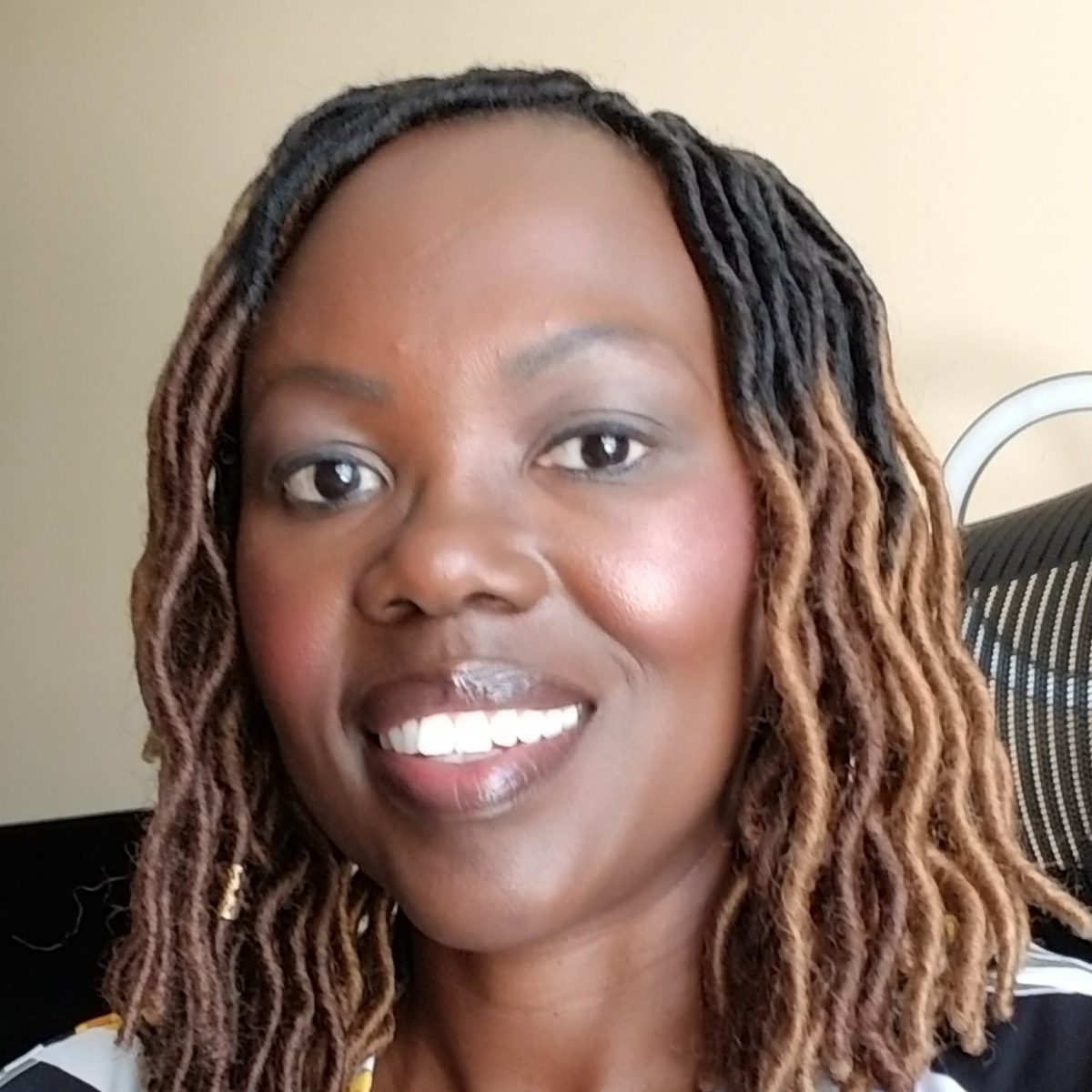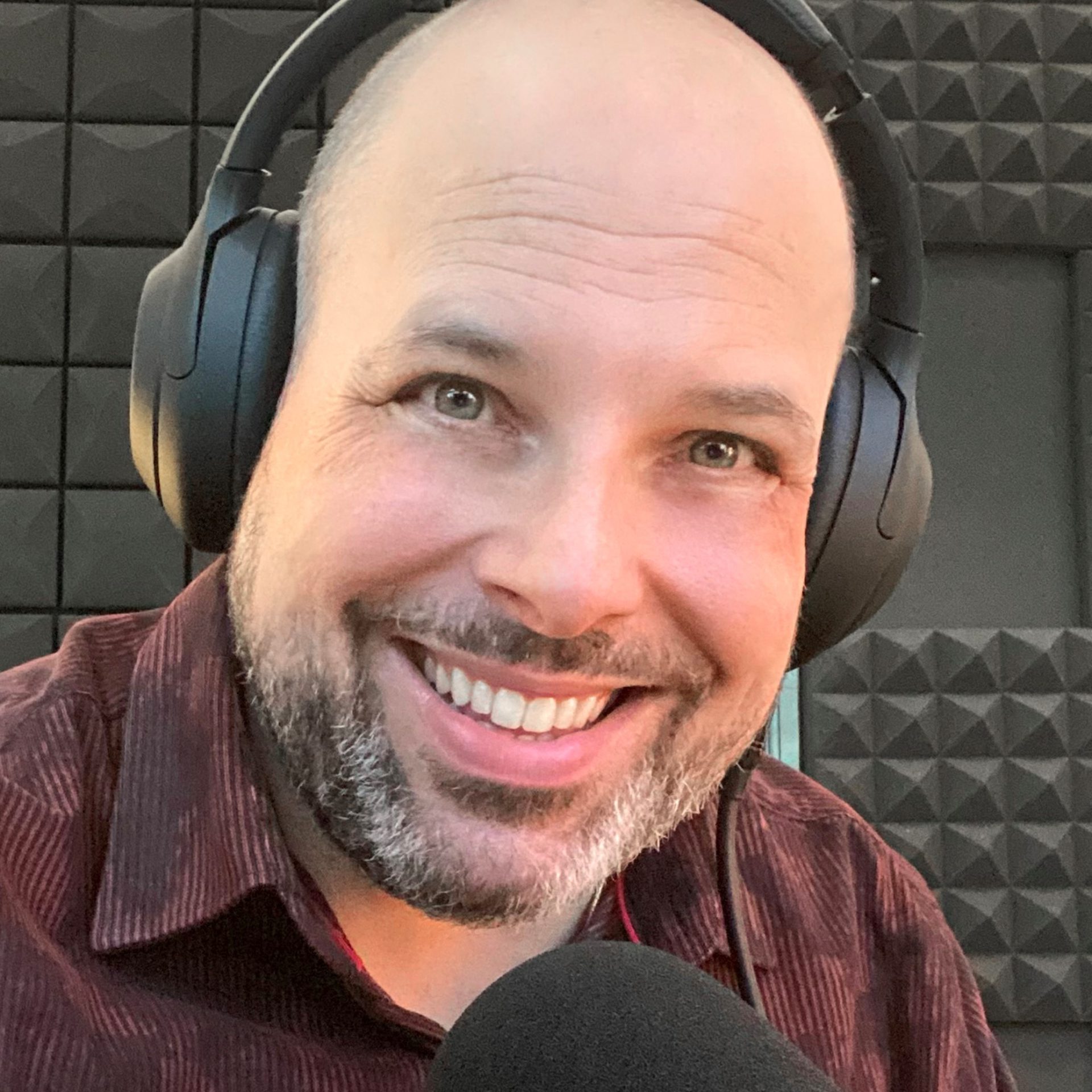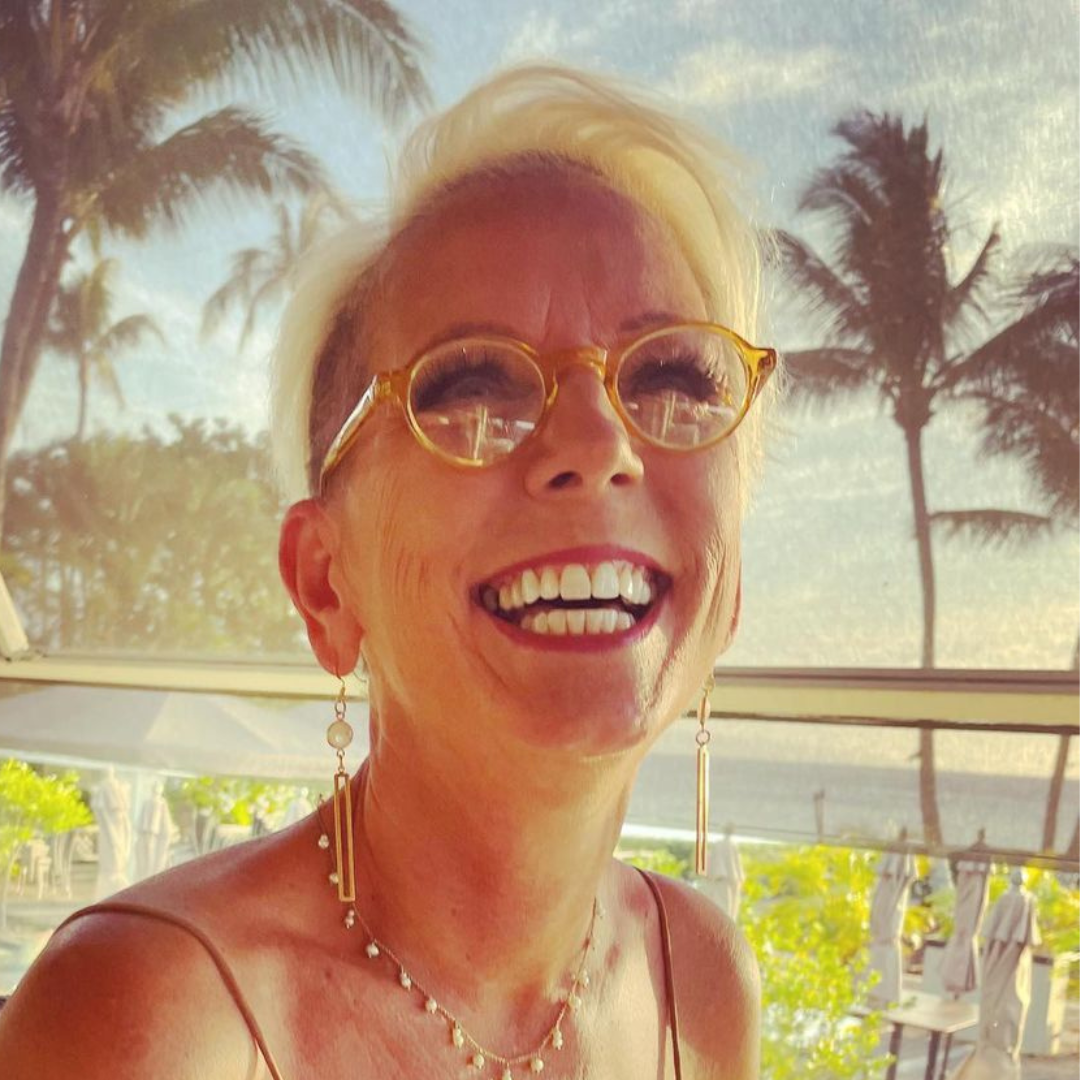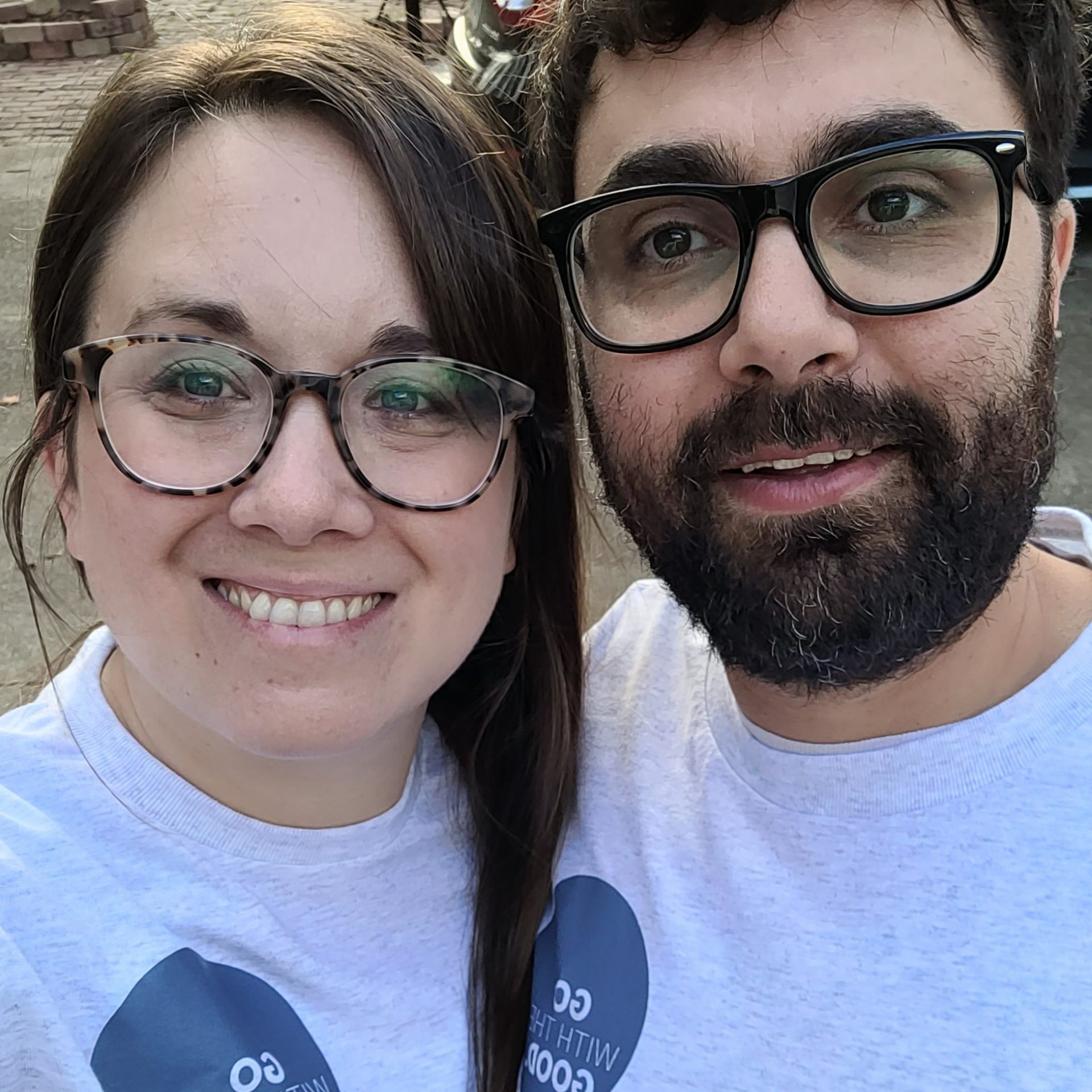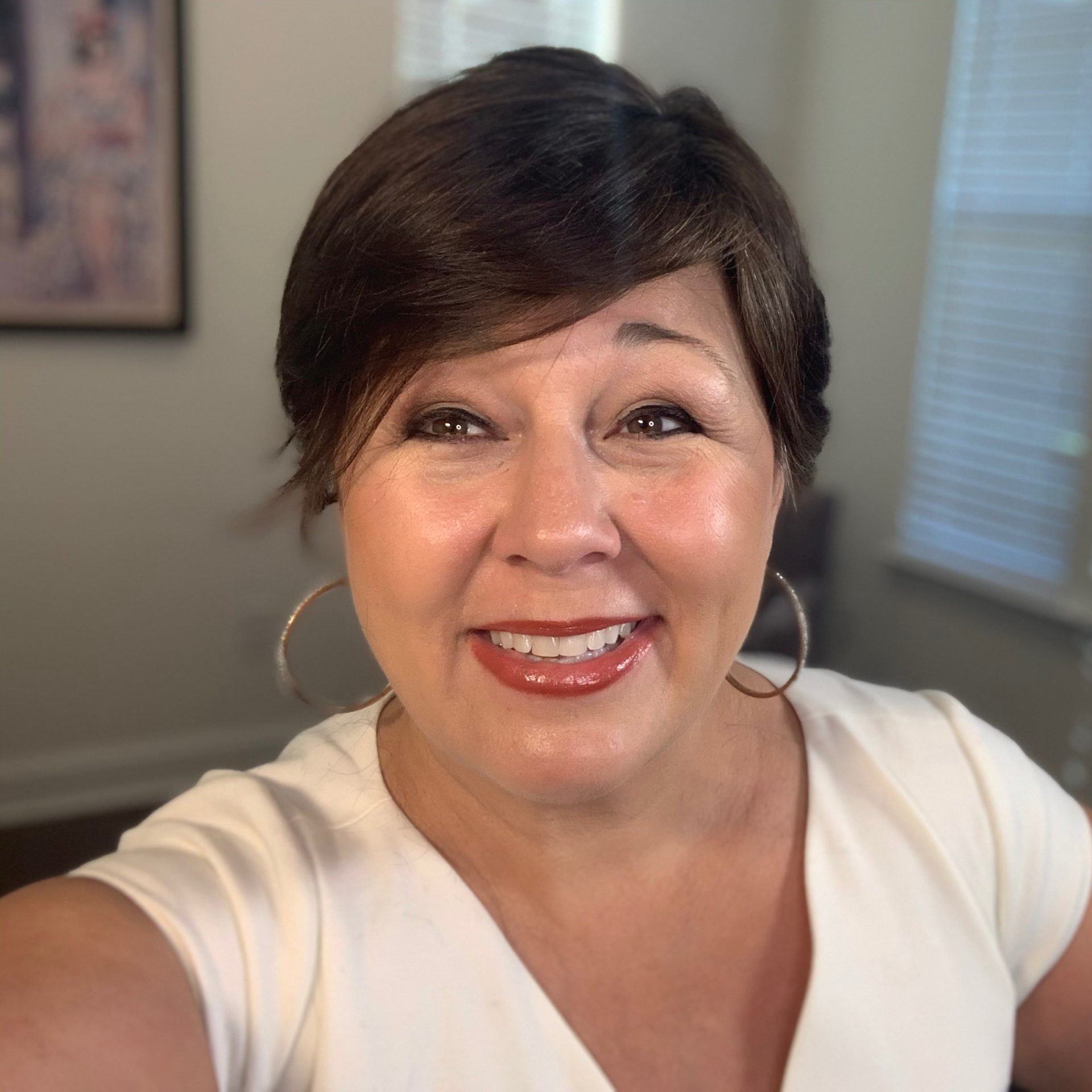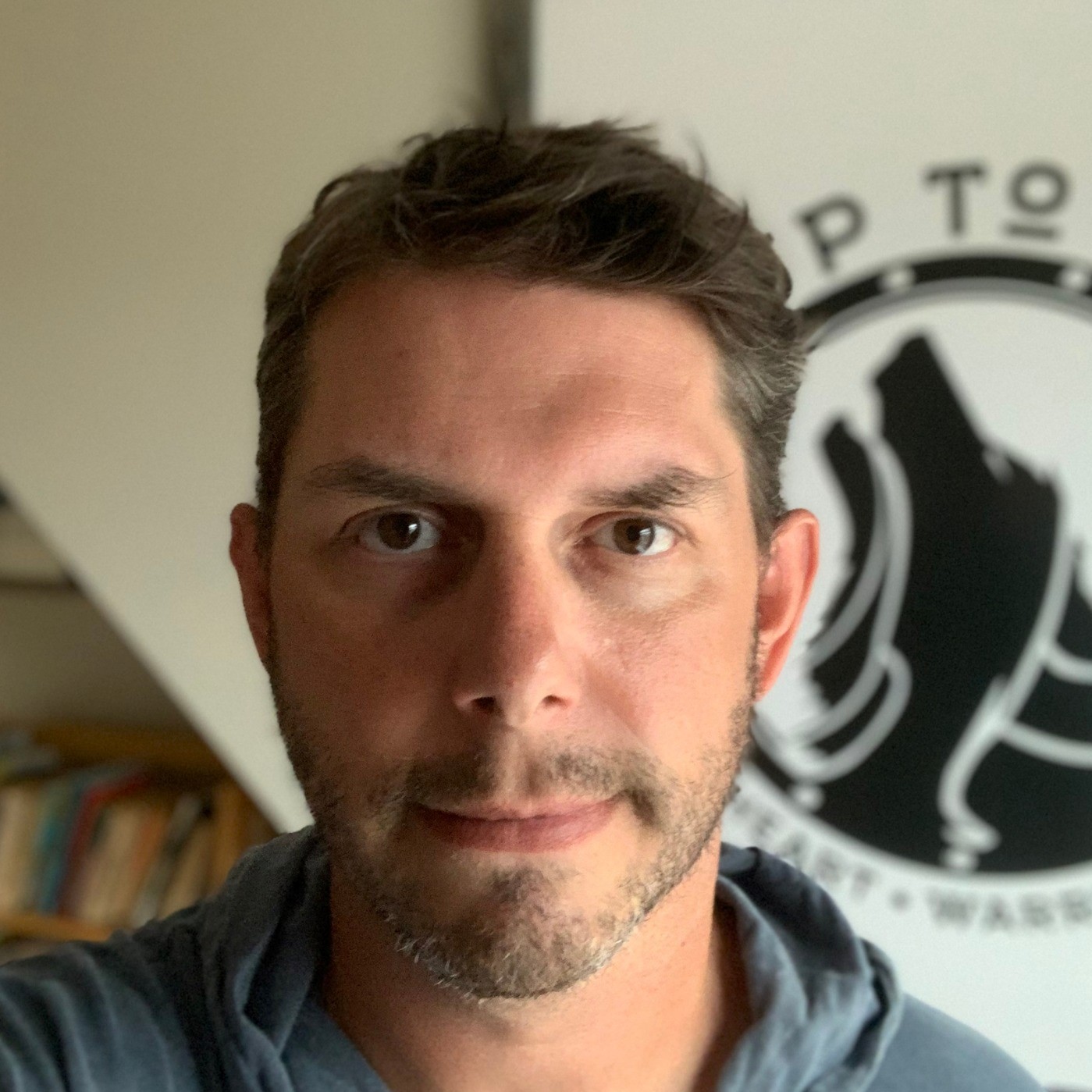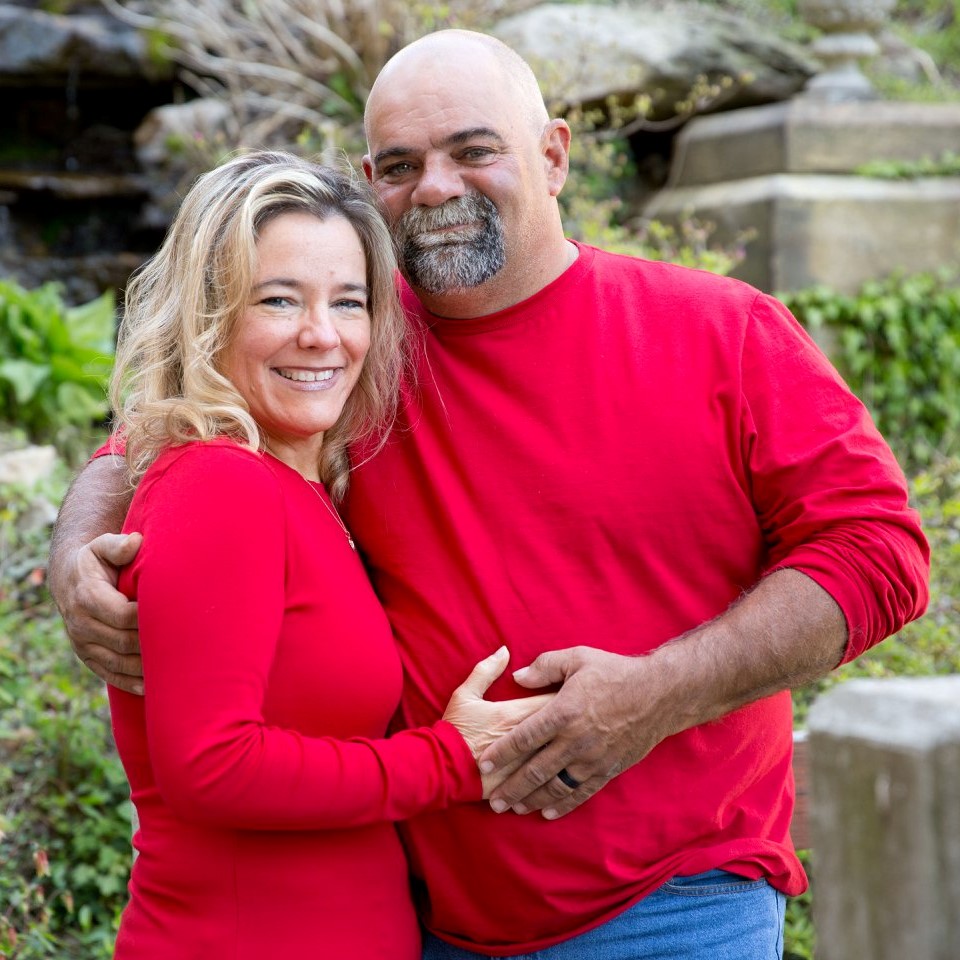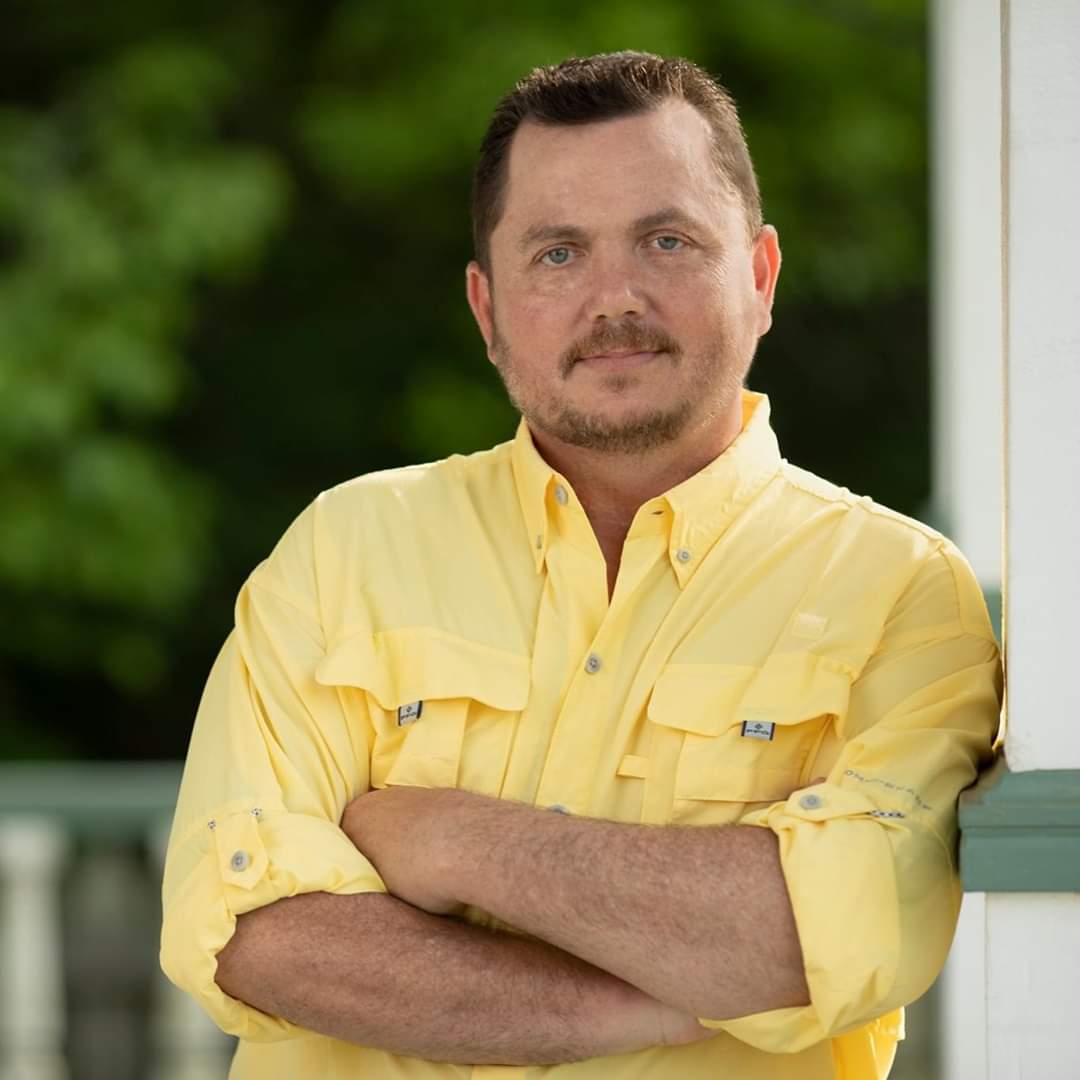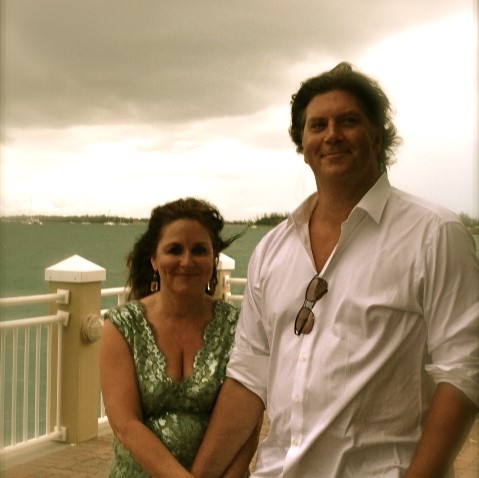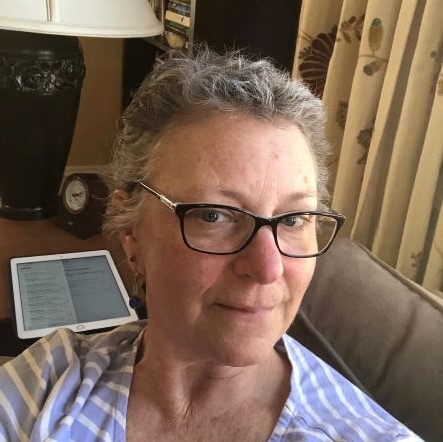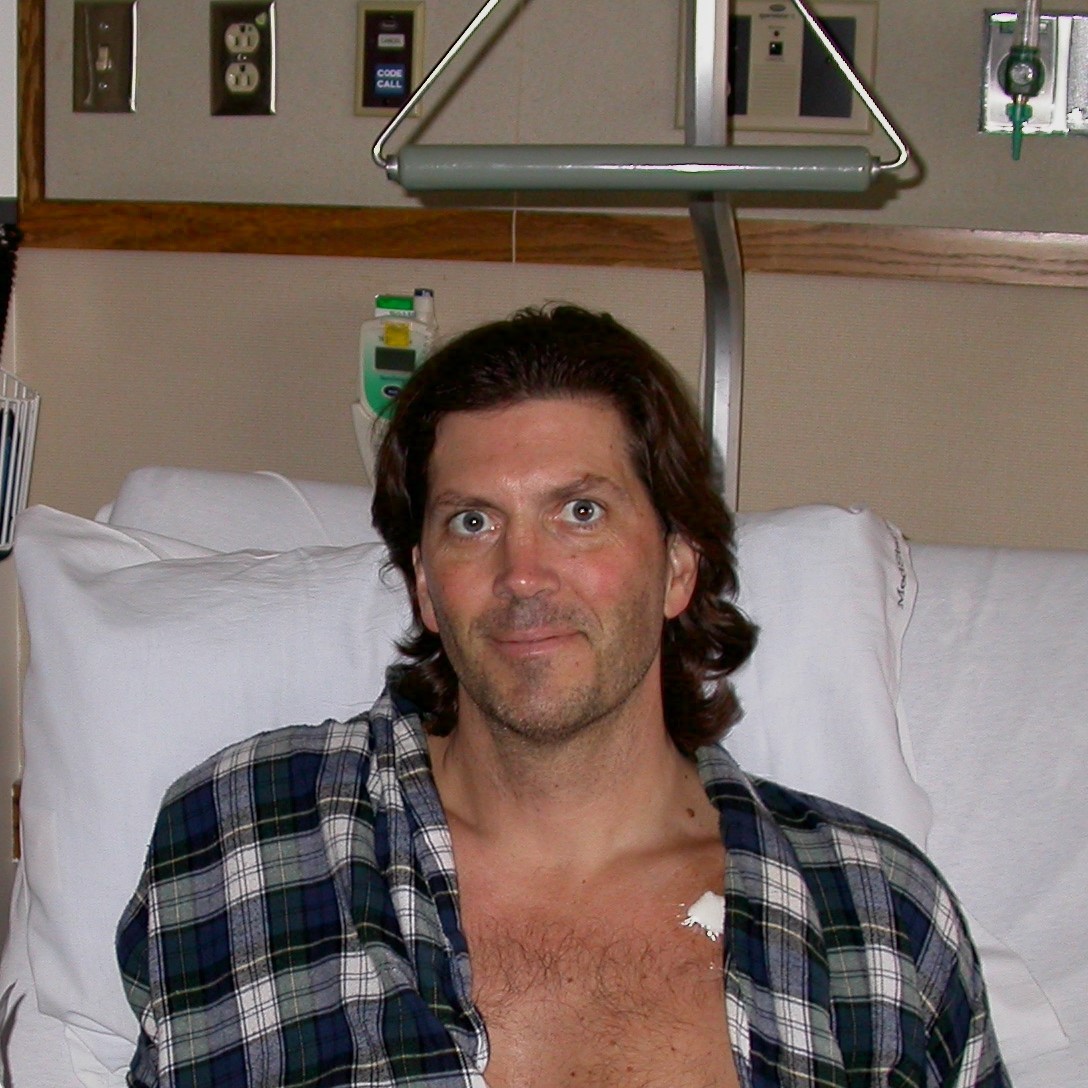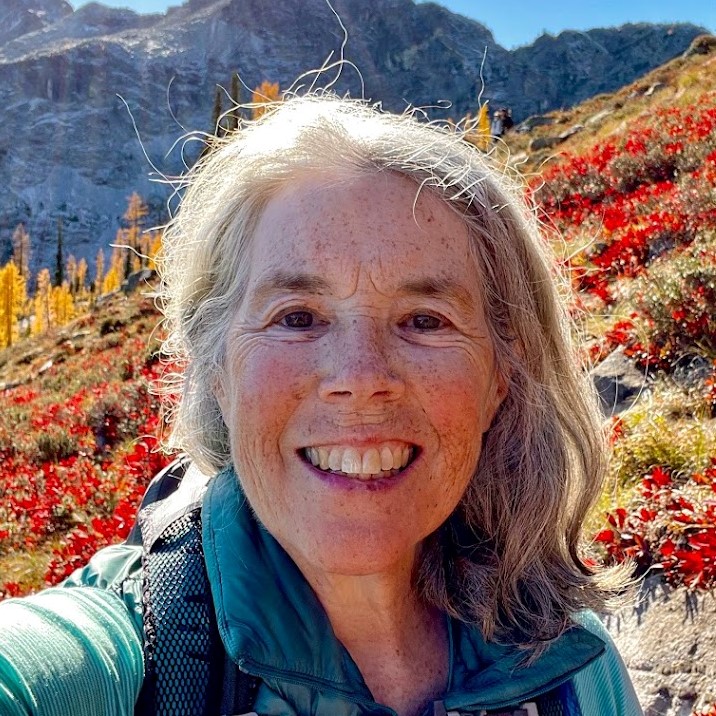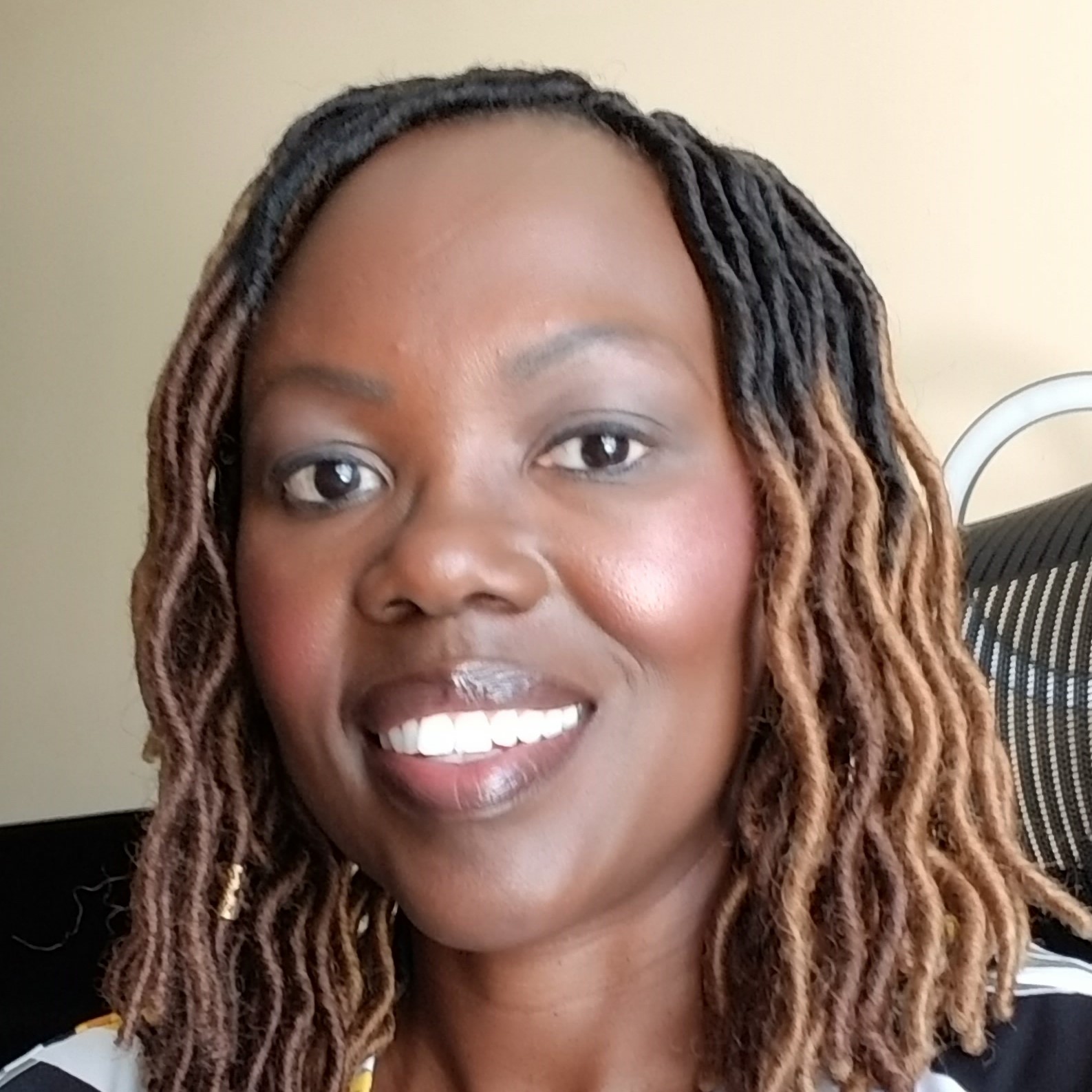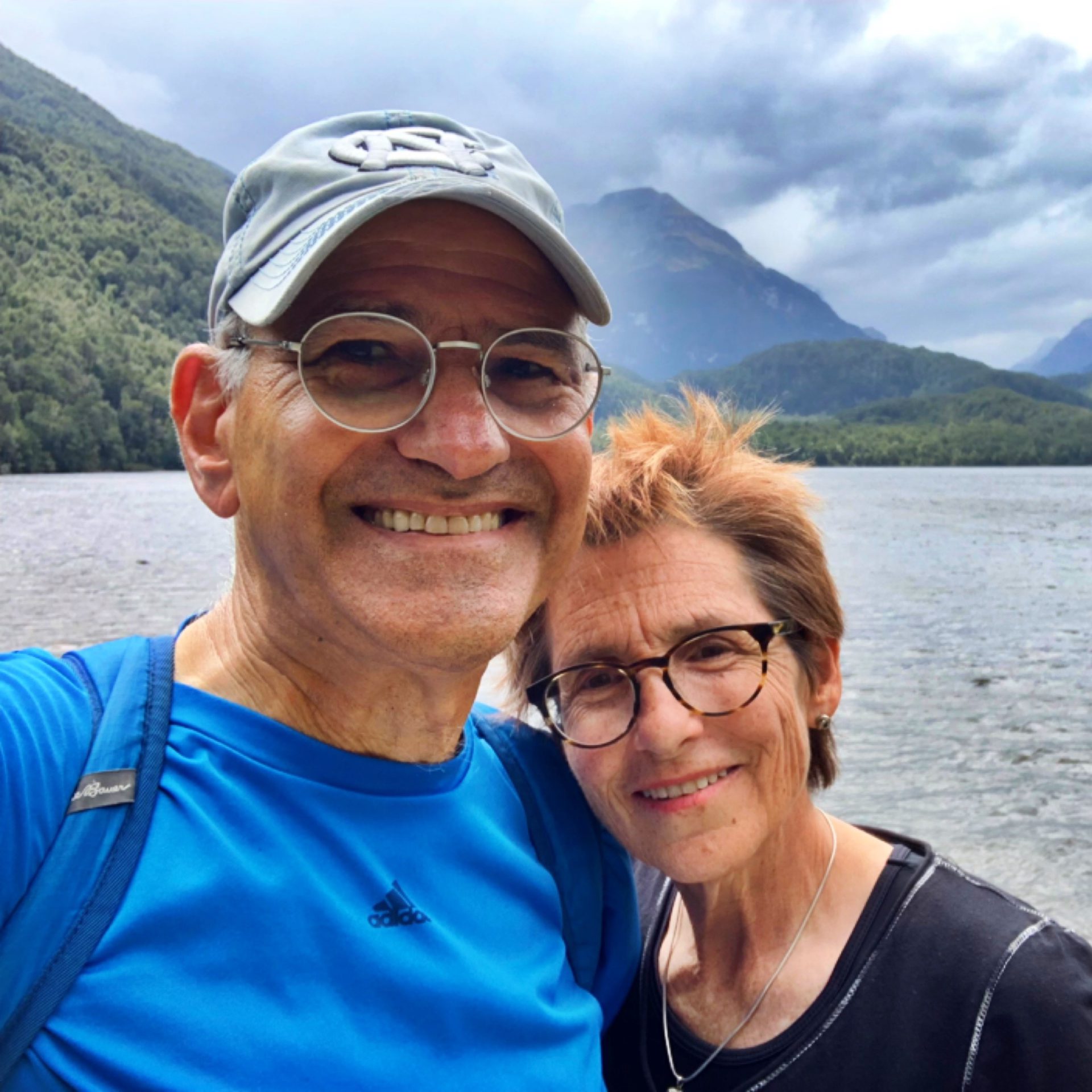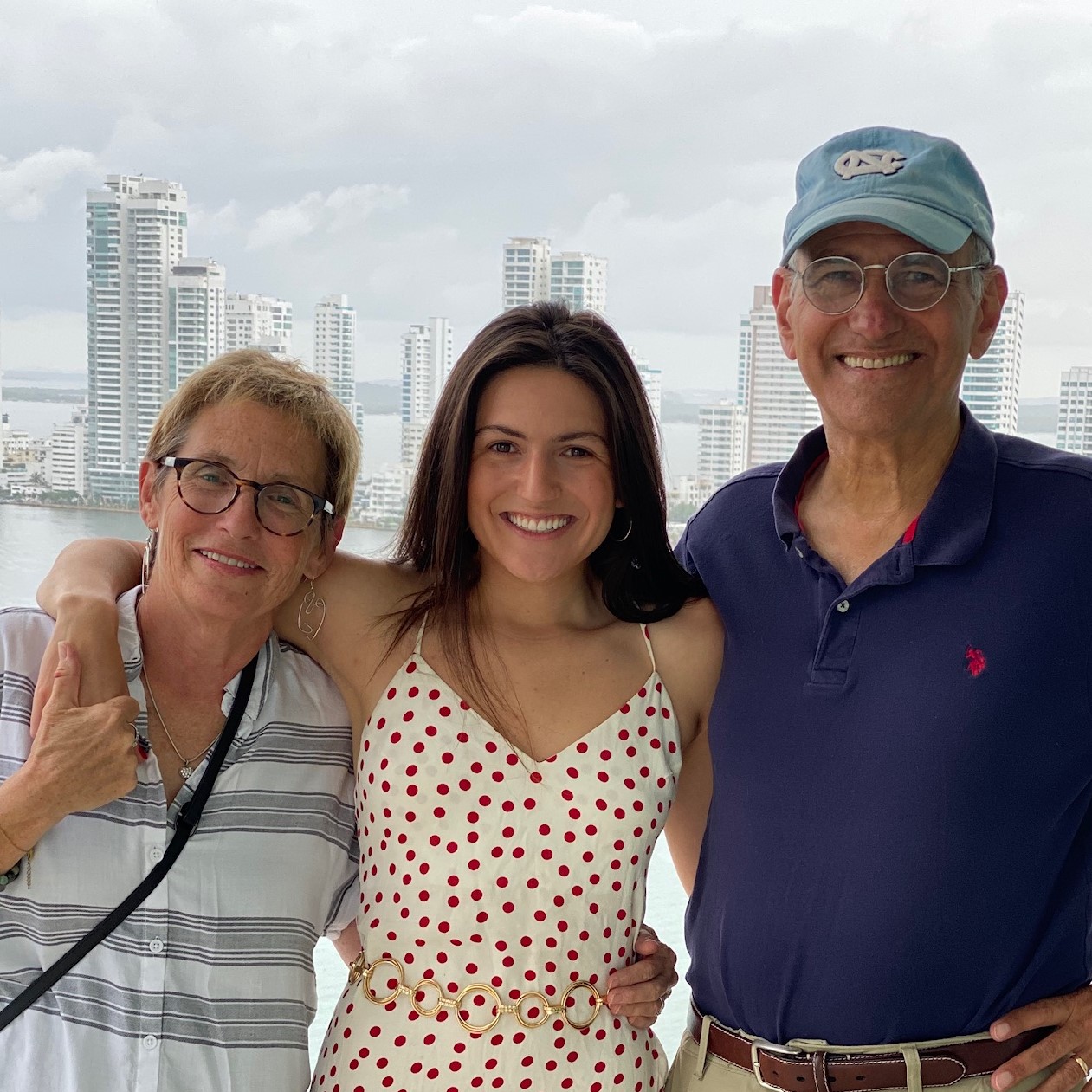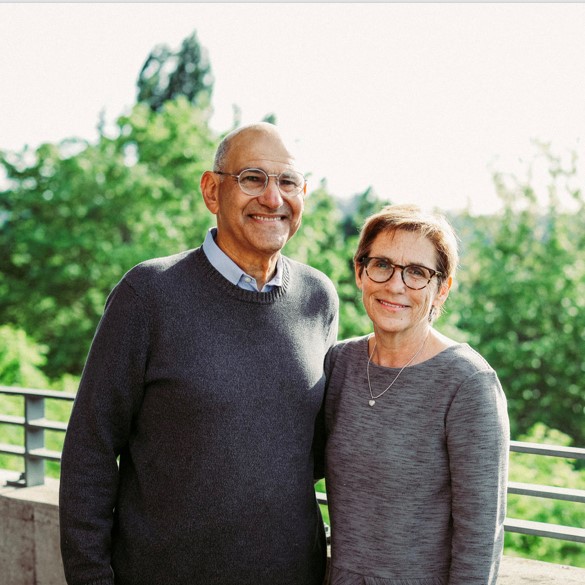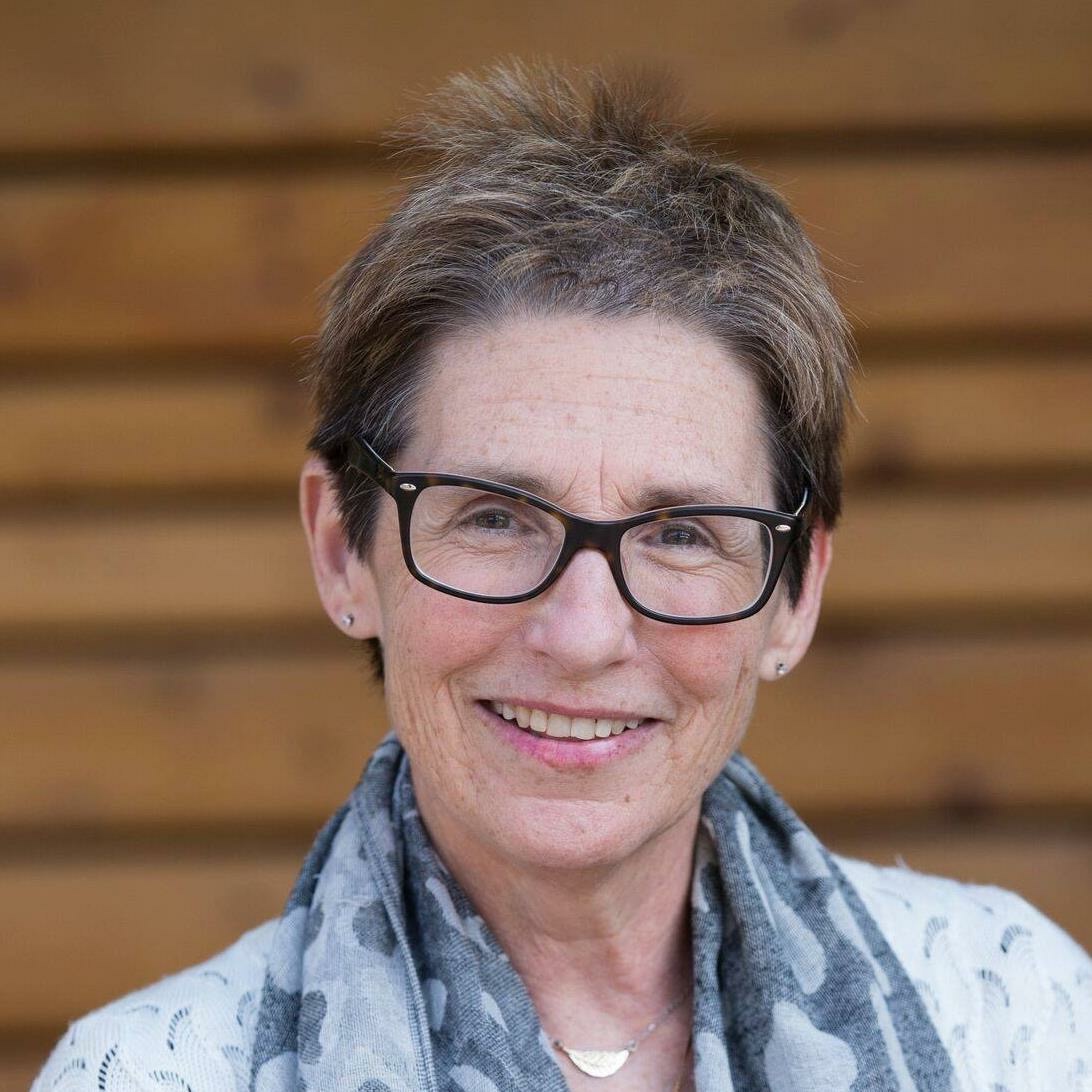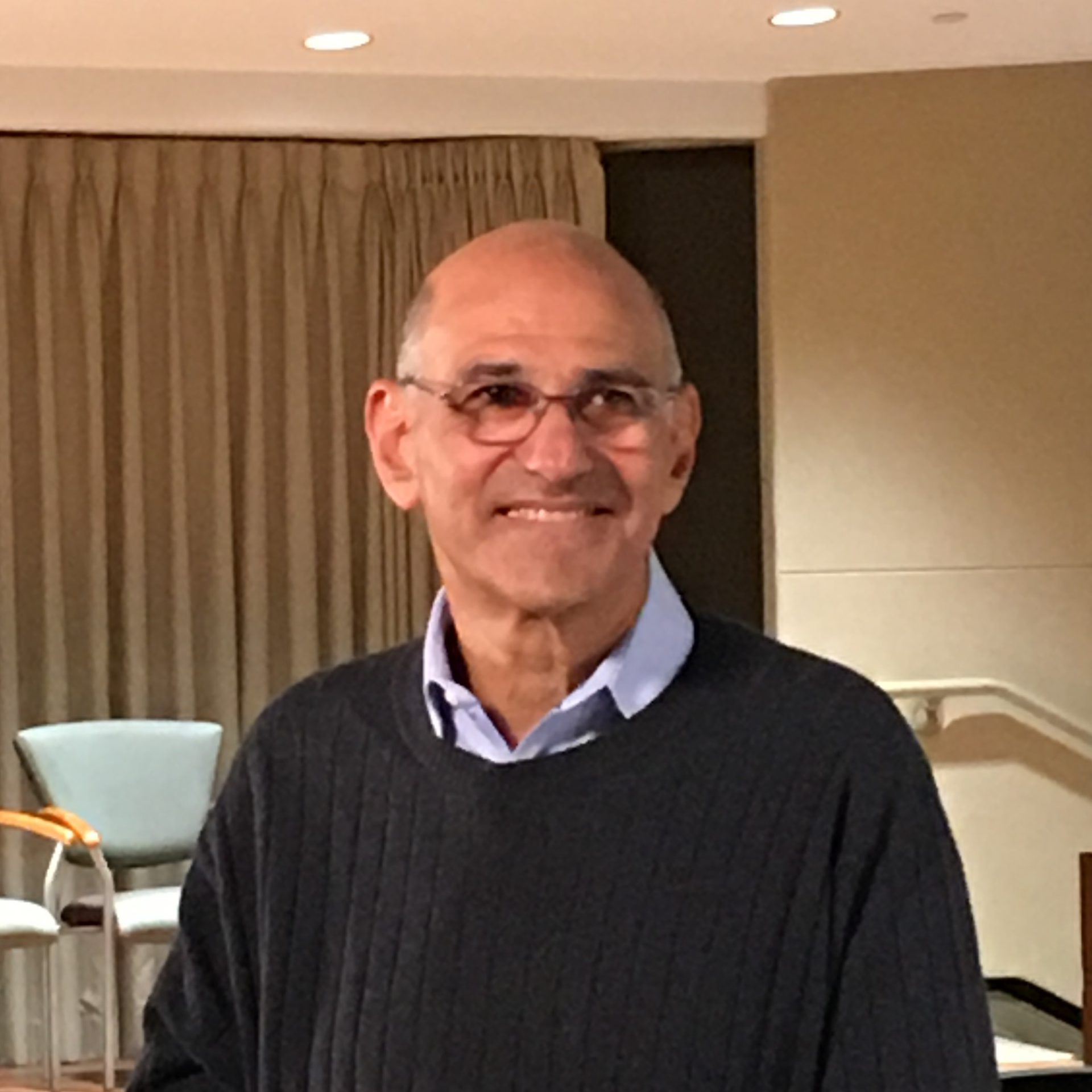Finding Support and Giving Back | Cancer Friends
Featuring Valarie Traynham
The Patient Story’s new series “Cancer Friends” features Andrew and Esther Schorr. They co-founded PatientPower.info, a resource for other cancer patients and caregivers to help them through their diagnosis and treatment.
This segment focuses on Valarie, who was diagnosed with multiple myeloma in 2015. Valarie shares learning to accept help, the support that helped her, and now giving back to the community.
This interview has been edited for clarity. This is not medical advice. Please consult with your healthcare provider for treatment decisions.
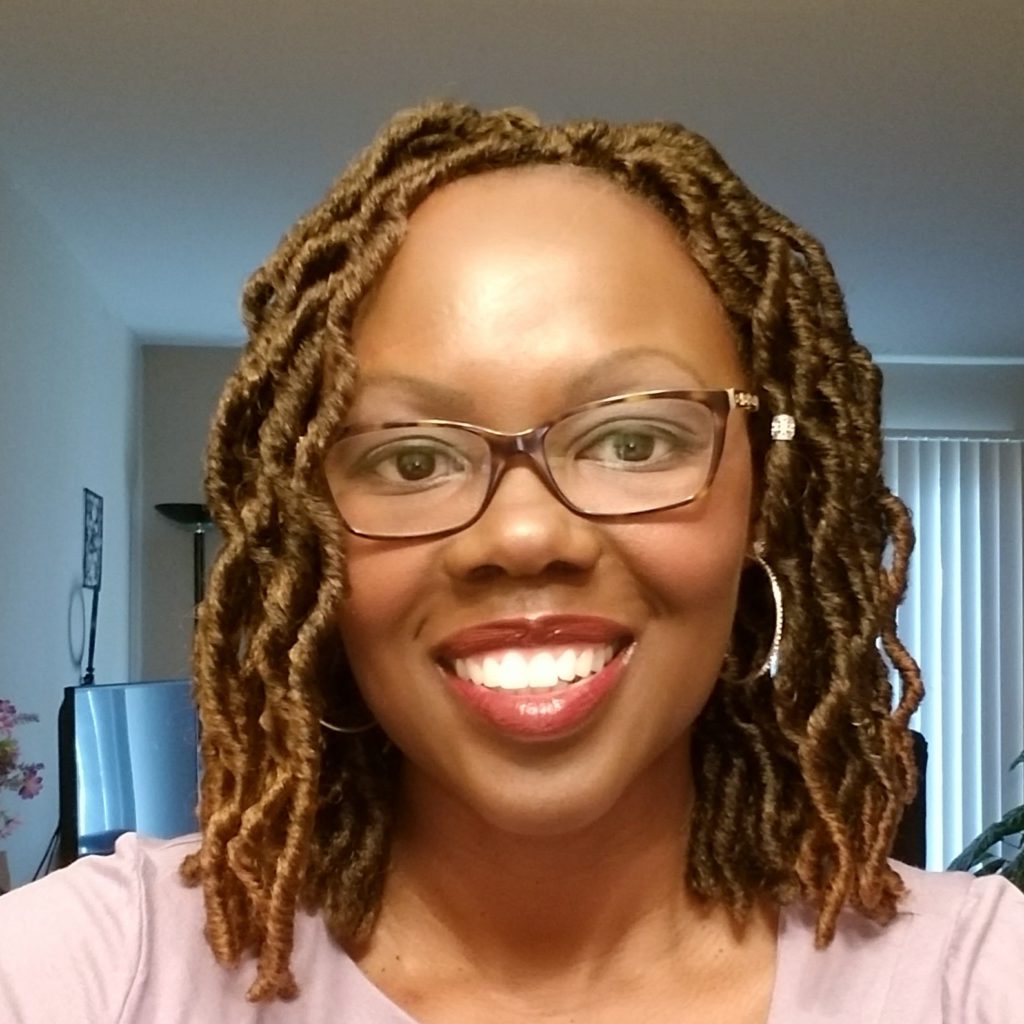
I didn’t lose my independence. I learned how to live with help, which we all need.
Valarie T.
Introduction
Esther Schorr, The Patient Story: Greetings. I’m Esther Schorr, and welcome to Cancer Friends. This series is an ongoing conversation with patients and care partners, those who love and care for cancer patients, about the journey we take together. We talk about issues and obstacles that we face, and share collective wisdom with each other.
This month’s series is focused on the uncertainty that a cancer diagnosis brings and how both patients and care partners can deal with it. We’ll also discuss some ways to get support and talk about the role that giving support can play in helping further overcome the shock of diagnosis.
Diagnosis and getting support
Esther, TPS: My terrific guest today is Valarie Traynham. You live outside Chicago, you’re active in your church, and you’re definitely someone who’s figured out that getting and giving support go hand in hand in managing a cancer journey. At least, that’s what I gather about you. Tell me a little bit about your diagnosis and where you went for support. Did that help initially?
Valarie: I was diagnosed with multiple myeloma back in 2015. You know, very shocking diagnosis, obviously. Never heard of it before. Never heard of the disease before. It was really hard for me because when I think of support, I’m thinking, “Okay, well, my family.” You think of your friends and your family. I didn’t live near my family. My family lives out on the East Coast, and they were not able to be with me throughout the treatment there.
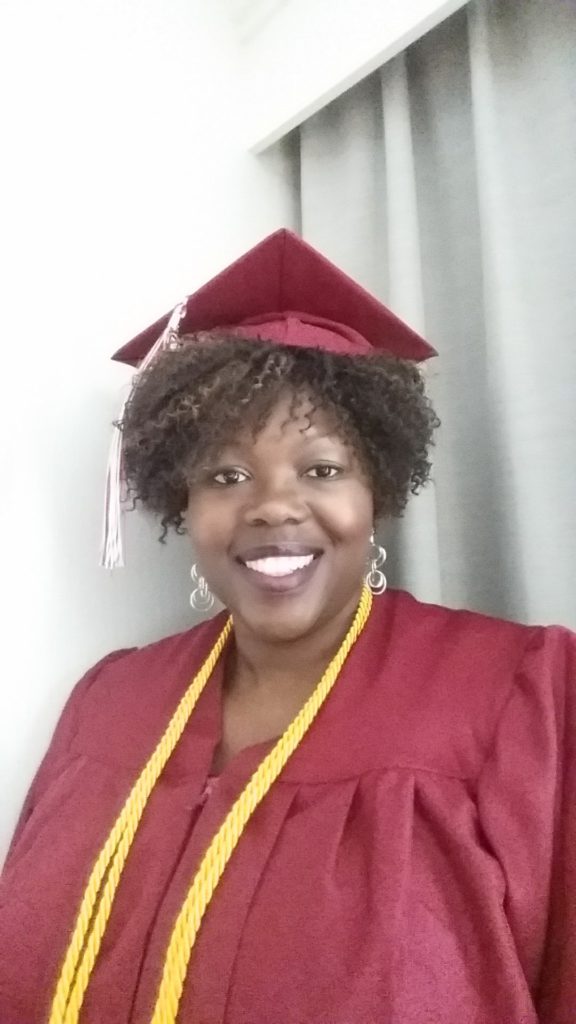
So I reached out to my church family. I like to call them my chosen family. These are the people that we get to choose if we want to bring them along on the journey or not. I chose people in my church family and my church circle, my friends that had been a part of my life before the cancer diagnosis came along. But I must say that it was very hard.
When I got the cancer diagnosis, I almost looked at it as stealing my independence. Being a single woman, working on a career, and then to have a cancer diagnosis come out of nowhere, it’s like, “What’s going on?” Am I going to be able to do the things that I used to do? I was very put off by that at first because I’m like, “This is taking away my independence.” I’m going, “I’m not going to be able to do the things that I used to do.”
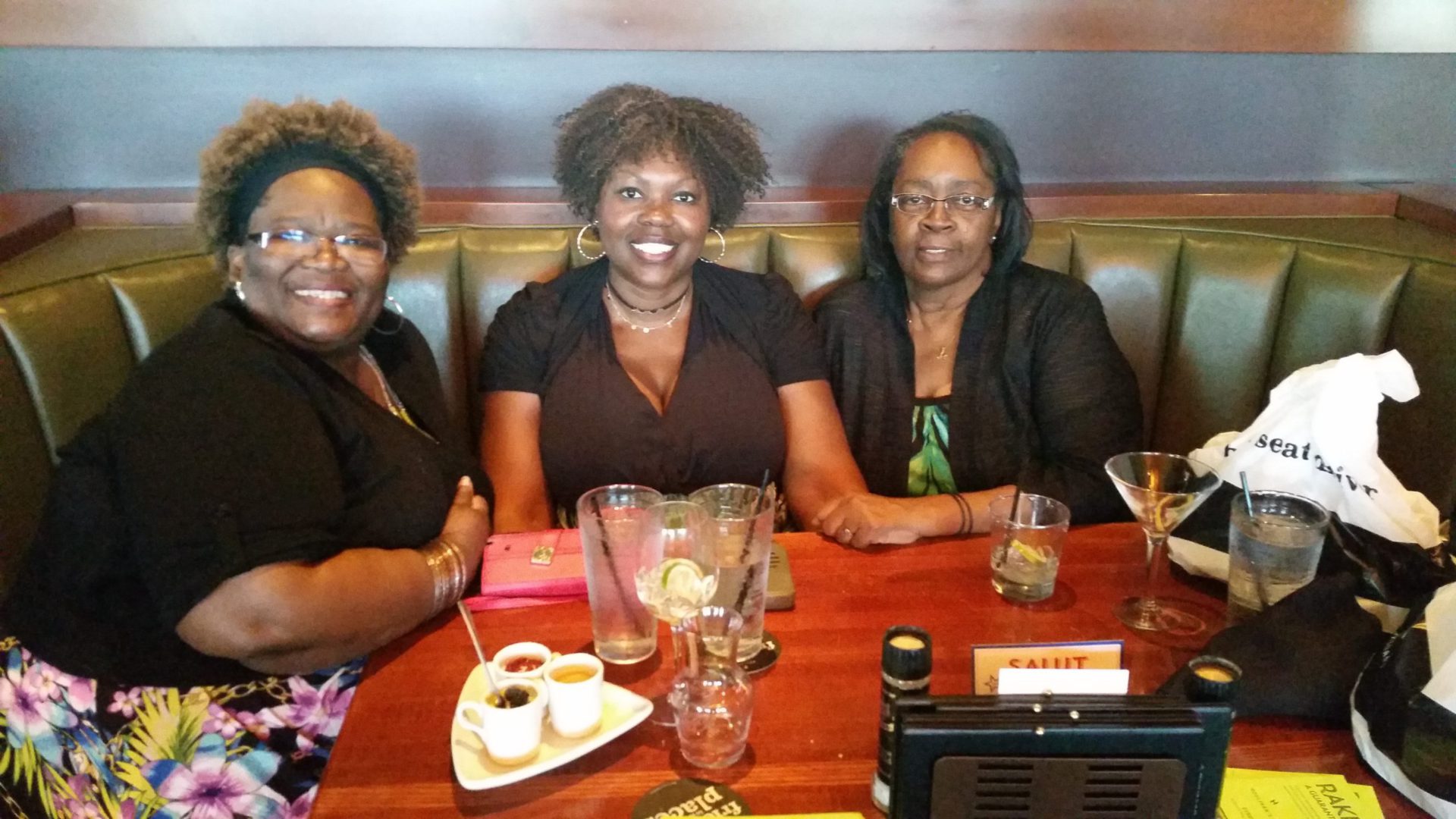
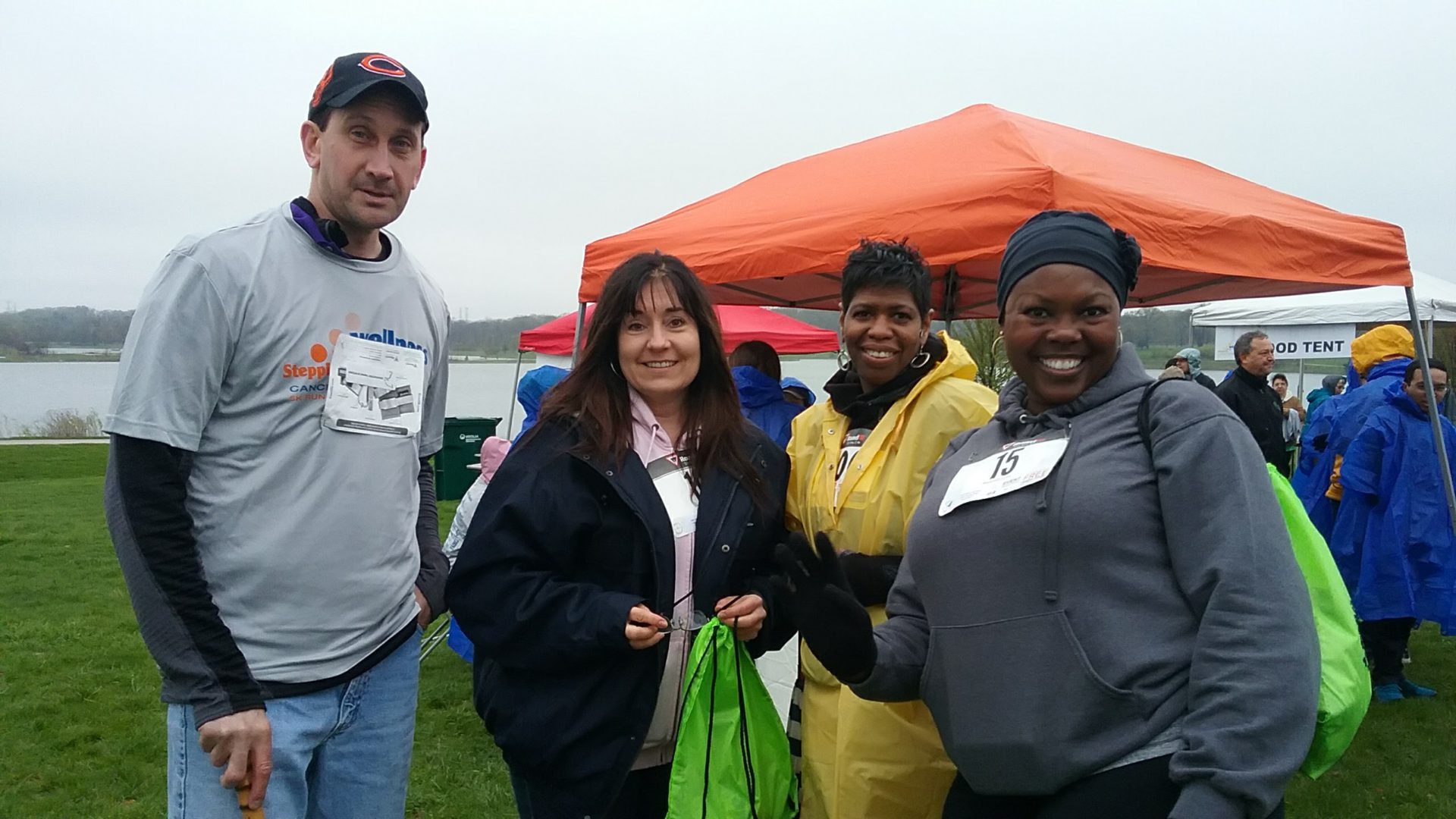
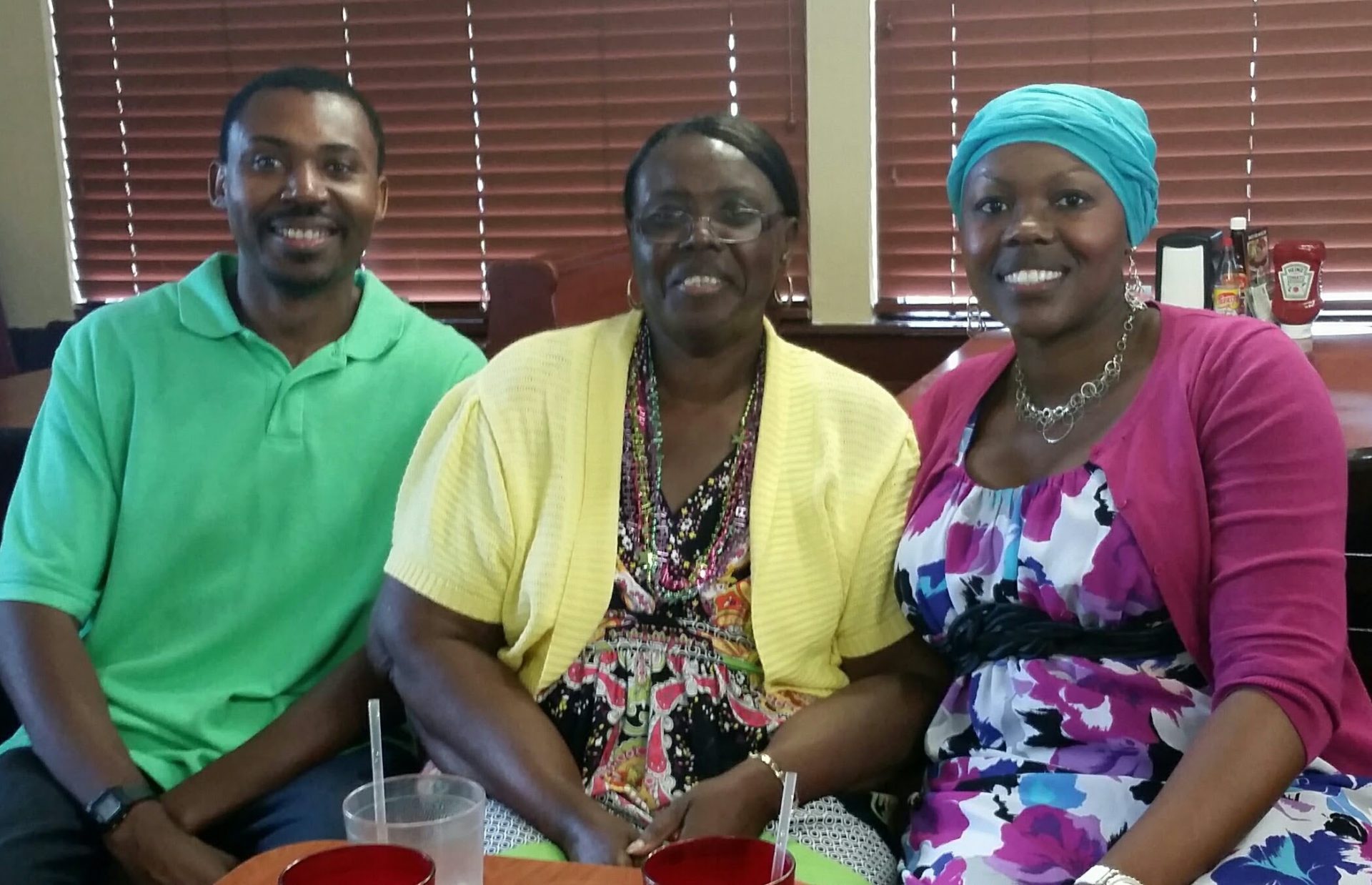
Esther, TPS: Valarie, did that keep you from looking for support within your church family, or how did that work?
Valarie: At the beginning, it was hard to accept help because I had not needed it before. I had been, as you say, the independent person. But as time went on, I realized that this cancer was not something that I could do on my own. I needed support.
I also came to find out that the support that I was receiving from my friends and church family as well — it was such a blessing to me, and it was also a blessing for them to be able to help. That’s one big takeaway that I take away from this whole situation. I didn’t lose my independence. I learned how to live with help, which we all need.
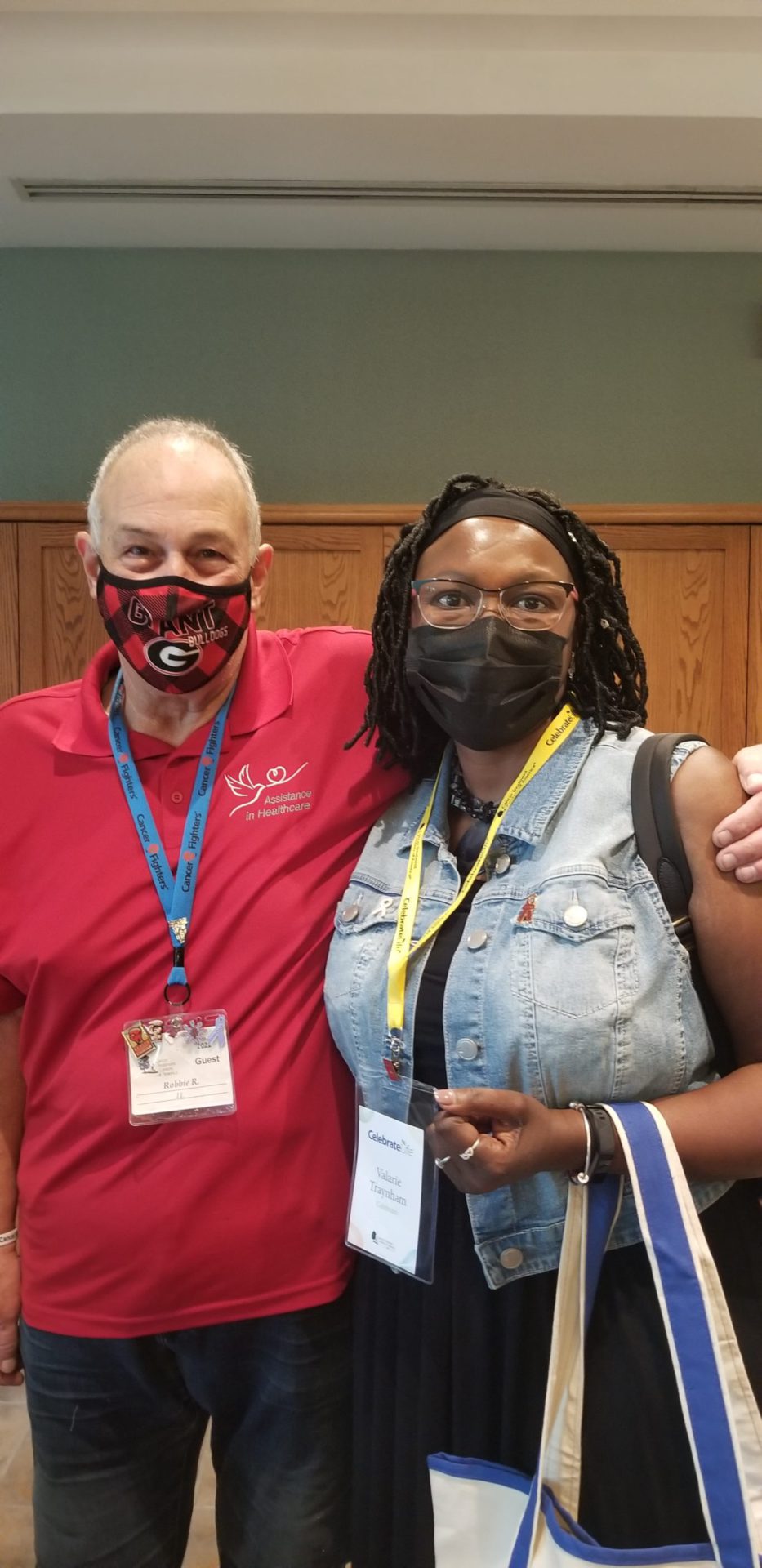
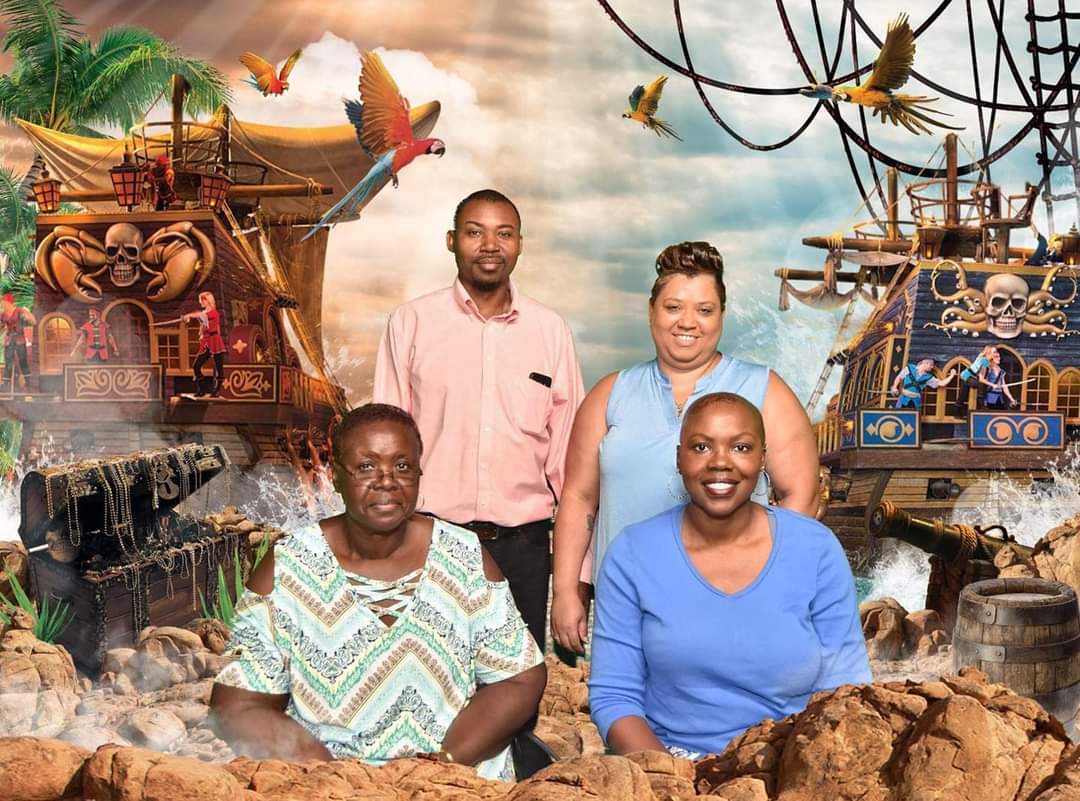
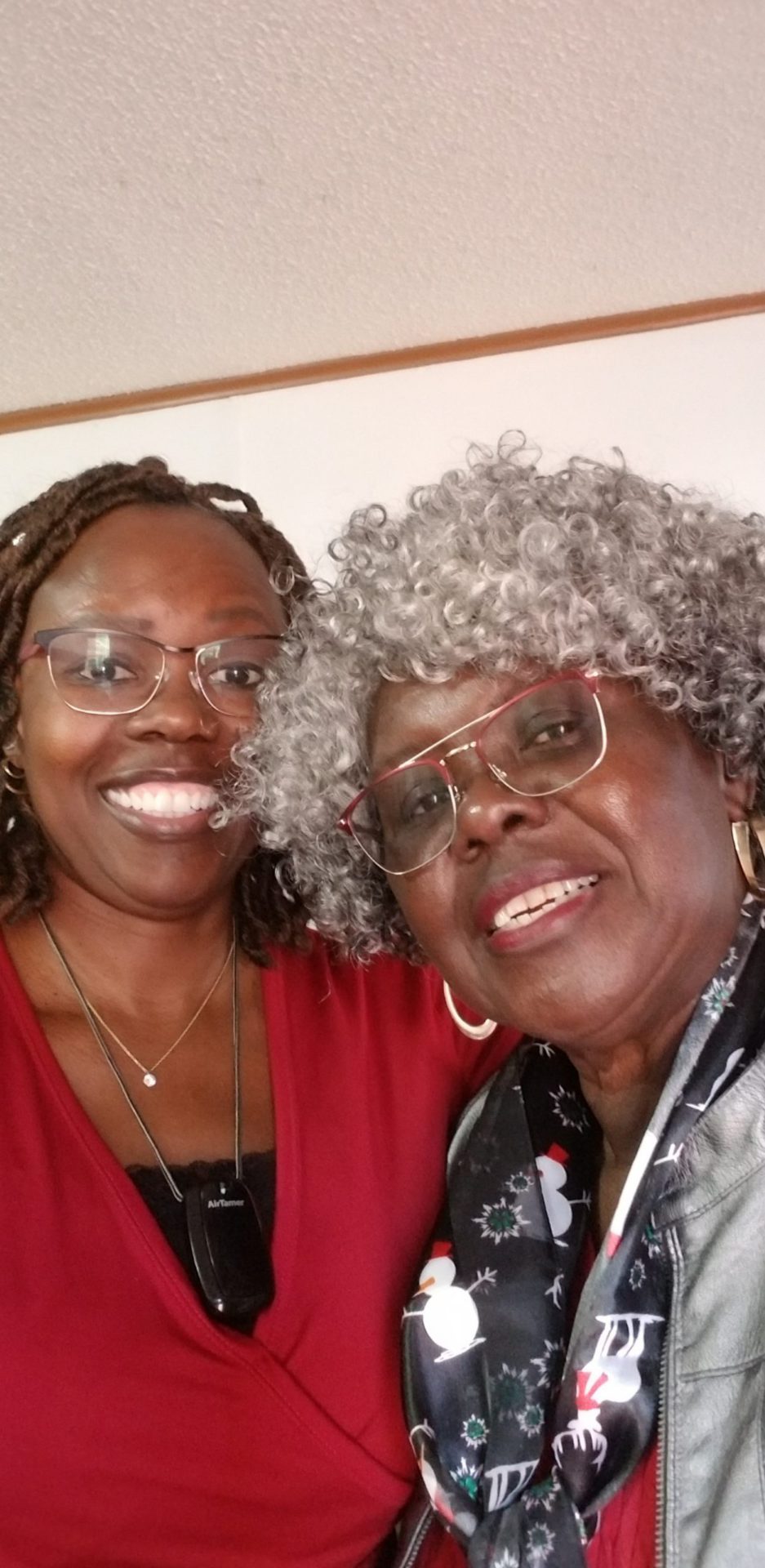
What support helped you?
Esther, TPS: Can you talk a little bit about what that support and help looked like, that was helpful to you initially?
Valarie: Initially, I didn’t know what kind of support that I would need. Obviously, going back and forth to the doctor for your chemo appointments and treatment. I originally thought I was going to be able to do it. I’m like, “You know what? It’s not going to be that bad. I can drive. It’ll give me time to think before the appointment and think on my way home about everything that’s going on.”
But my friends were like, “Absolutely not. You will not do that.” I’m glad that they kind of persuaded me not to do that, because it helped build some even stronger friendships. What that looked like — I had a very good friend. Her name is Karen. She lived in a city that was not very close to me. She was about 30 or 40 miles away, but she would drive to my home, pick me up and then drive me to my appointments.
She did it because she wanted to be a source of support for me. It was not out of obligation or anything of that nature. She was like, “This is what you do when someone you love is going through something. You stand by them; you support them.” She would take me to my appointments.
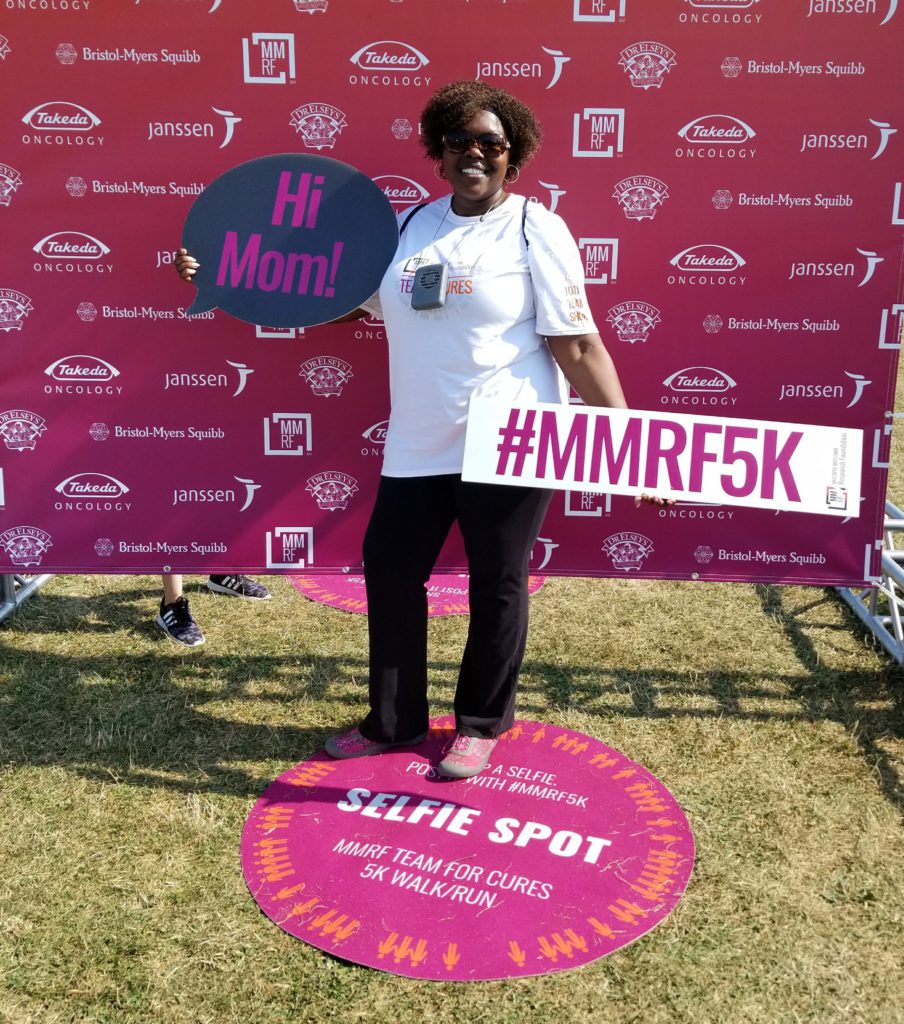
Another thing that I learned is when it came to support, knowing what kind of support each person was best at giving. You have those that can really give good emotional support, and then you have those that are doers. They’re the ones that you can give them a list and say, “Hey, go to the grocery store and get me this, this, this and this,” and they’ll bring it back.
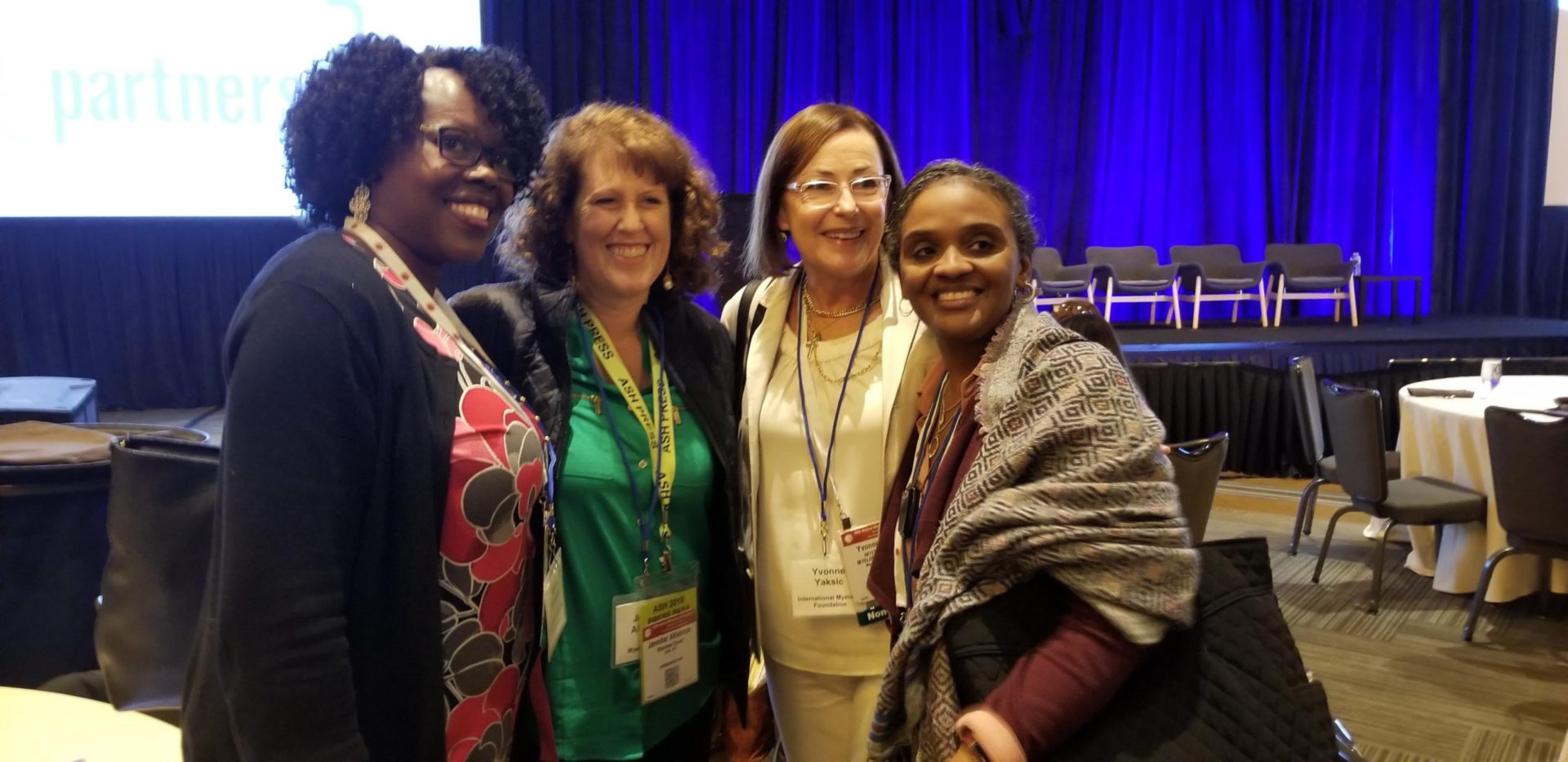
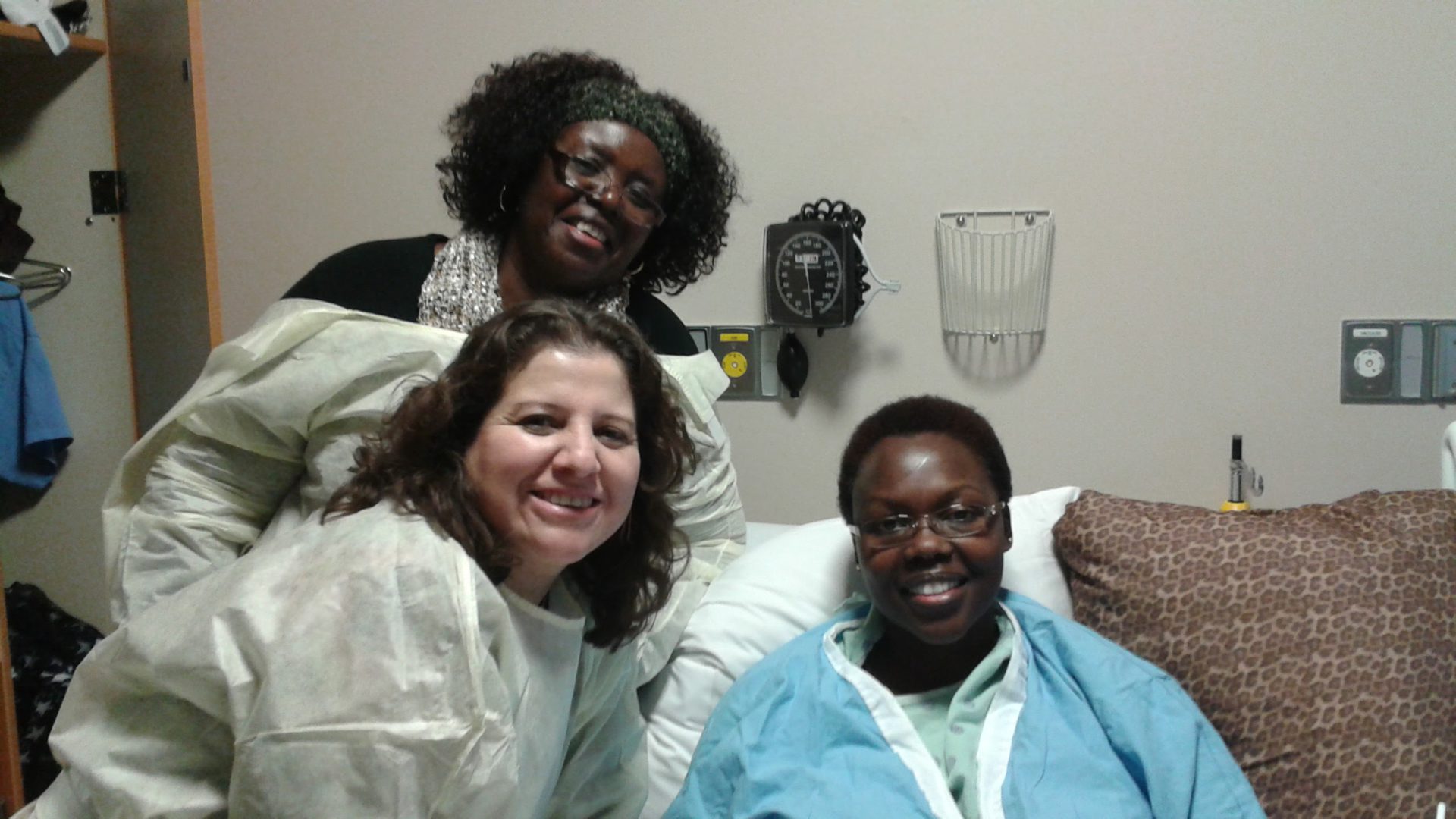
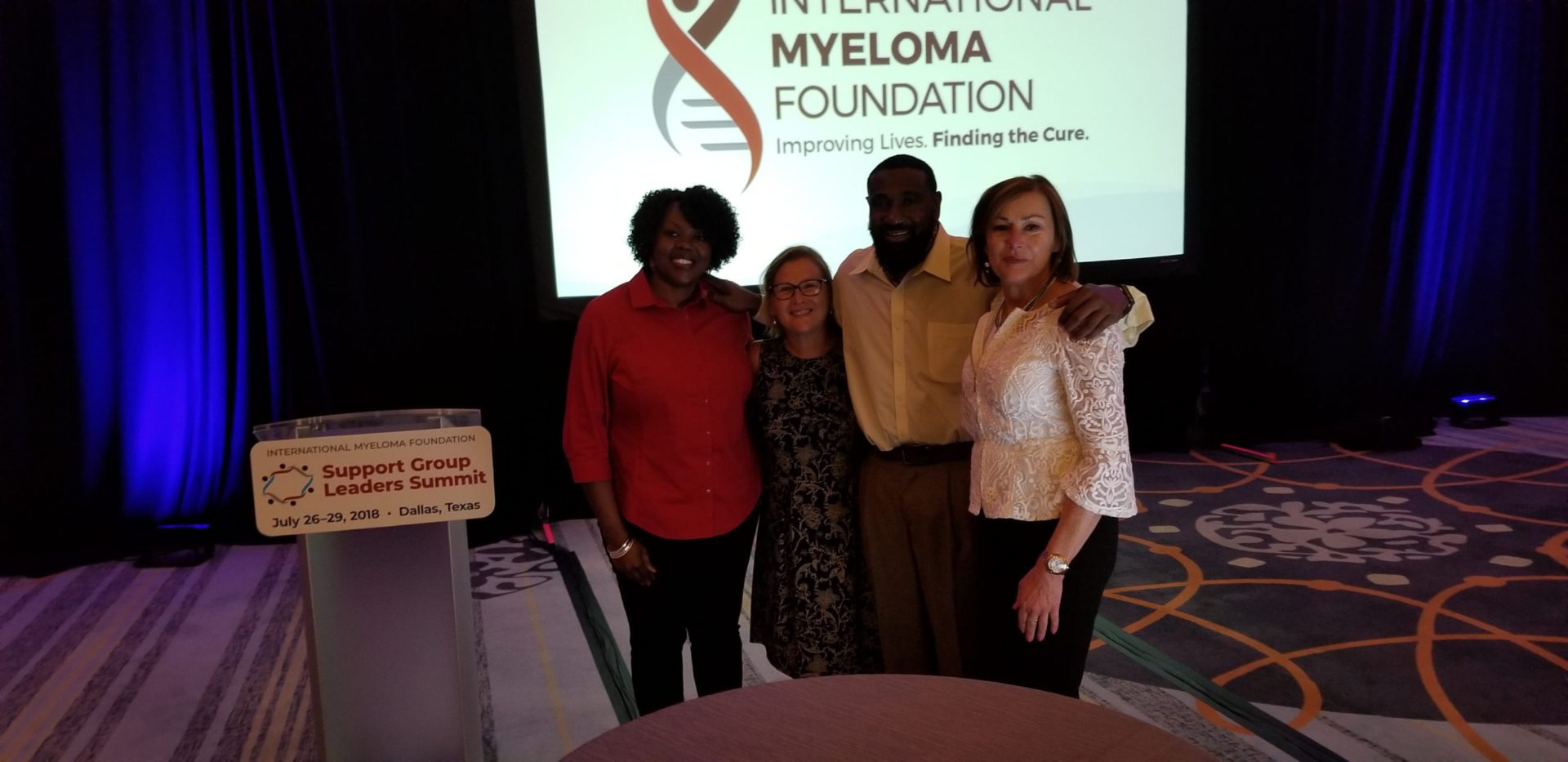
They will bring back everything. Brand, everything that you wanted. Those were doers, so I learned to accept that support from my doers. When I needed more emotional support, I figured out who exactly I could go to to get that emotional support.
It took me a while to figure that out. I would send somebody that’s really good with emotional support to the store and say, “I want some Greek yogurt.” They would come back with the wrong stuff. I’d be like, “Oh, that’s not what I wanted, but yogurt’s yogurt, right?” So I learned that. Then once I figured out who was a doer and who’s going to be there for emotional support, it just helped things so much more. It just grew my support team to an even greater level.
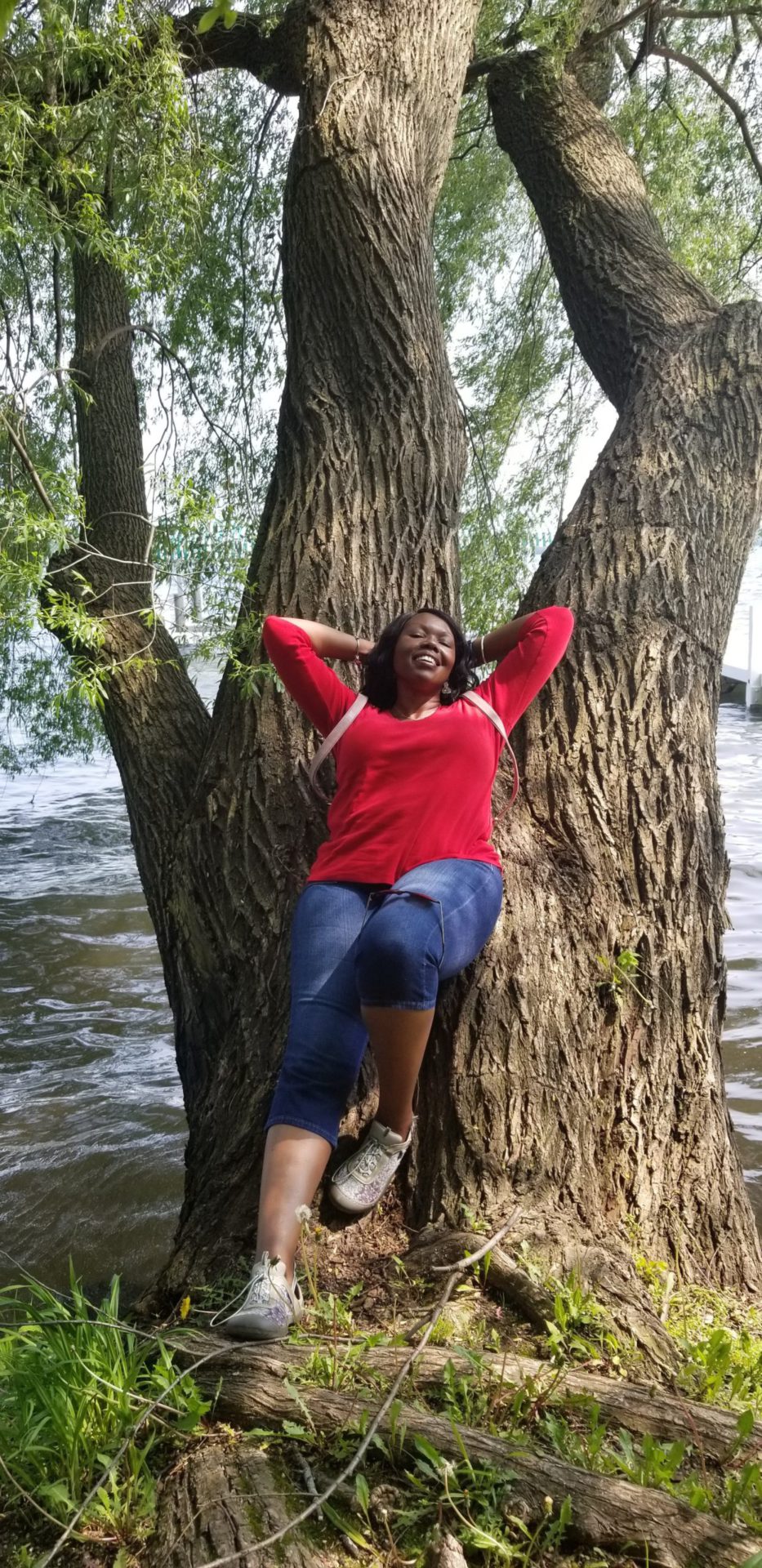
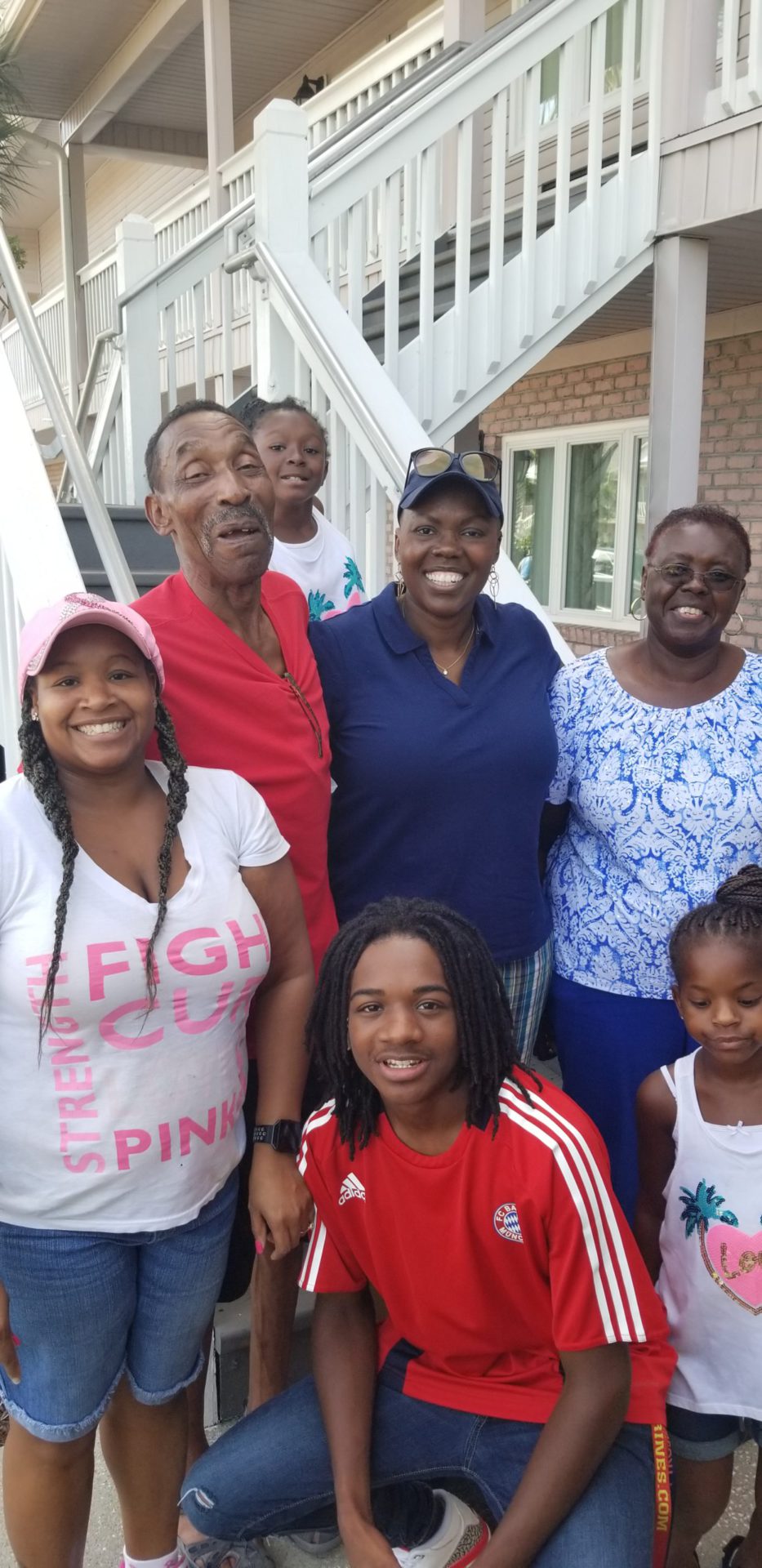
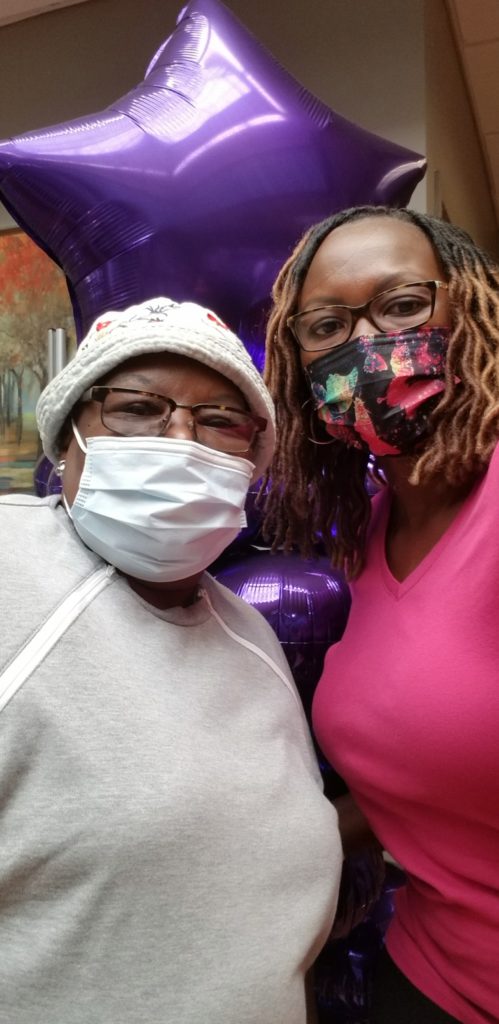
Esther, TPS: You use the word “team,” and you’re really talking about with a diagnosis, you need to build a team. It’s like building, in a sense, the way you build a business. What are the skills you need? What are the things people like to do and are good at doing? You match them up, and then it turns out that that’s the best help for you. It’s kind of unfortunate. It almost sounds like as a patient, you have to be a manager.
What prompted you to give back, and what does that look like?
Esther, TPS: In the end, I think the way you’ve described building that team is it also gives those people the greatest satisfaction at being able to give back, which kind of leads me to my next question for you. What prompted you to give back, and what does that look like? Because I know that you balance being the patient and accepting support, but now a lot of your time is giving back. What does that look like?
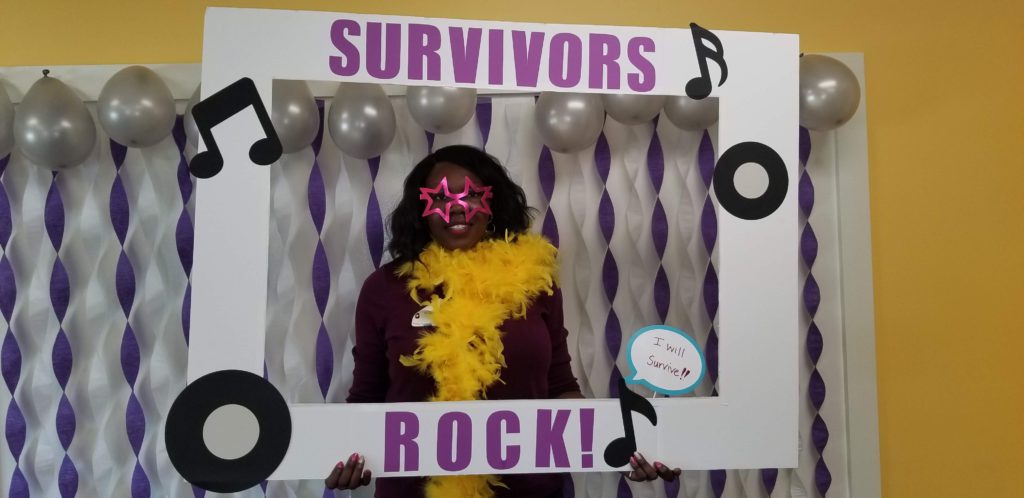
Valarie: Giving back is just something that I really enjoy. I find that with giving back, I lead a myeloma support group. I’m also a myeloma coach. I do some mentoring with Imerman Angels, Cancer Fighters, organizations like that that provide one-on-one support to newly diagnosed patients or patients that are a little bit further down the line who still have questions. They need somebody that they can connect with, shared experiences and things of that nature.
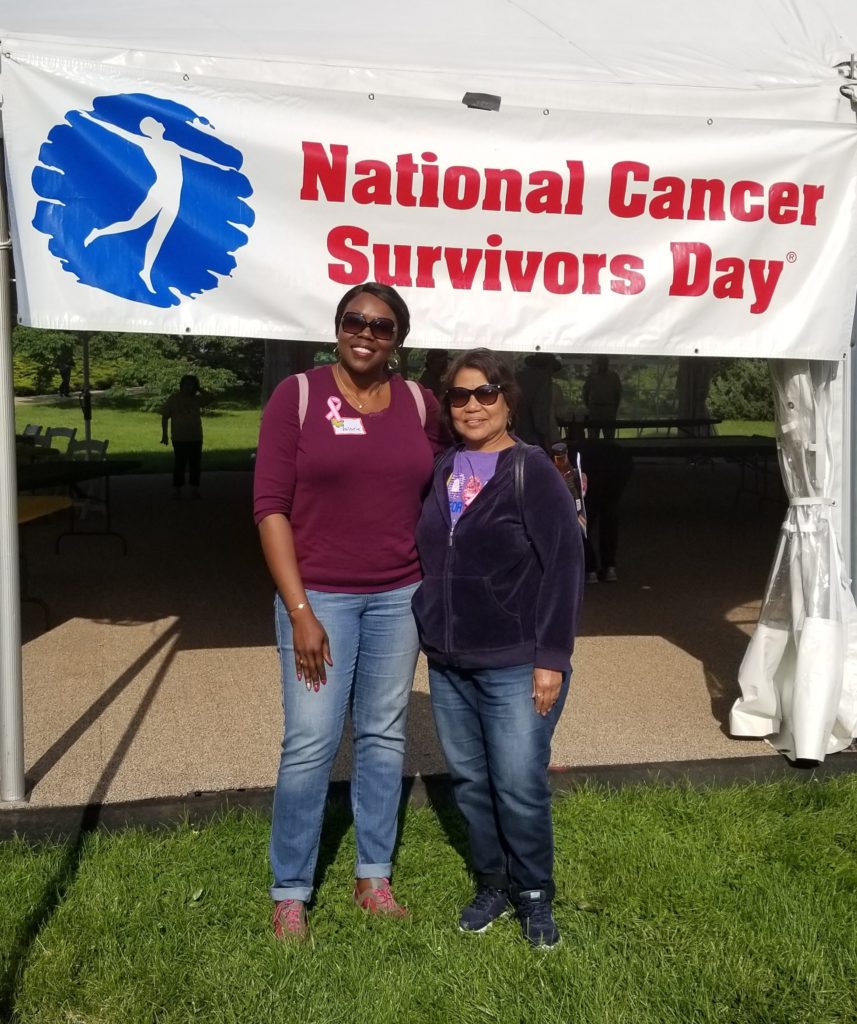
I really enjoy that because it gives me the opportunity to give help. When I was first diagnosed, I didn’t have all of that help. I know what it’s like to be in that need, where you are not sure who to reach out to. You’re not comfortable talking to certain people simply because they may not be able to relate. I do it because it brings me joy just to be able to help somebody, to be able to guide somebody along their journey.
But I also do it because it’s just a need, or it’s just something that’s lacking within the community. People are scared to reach out. They are scared to talk to other people because of whatever reason — fear of being judged or fear of just being rejected, or things of that nature. I do it for those reasons.
I also do it because it takes the focus off of me. When I’m talking to somebody else, I don’t have to worry about the disease. I don’t have to worry about myeloma and what’s going on with me and the disease. It just brings me so much joy to be able to do that.
How did you find the organizations you help through?
Esther, TPS: I know, from your describing, bringing your support team together. But now as you turn the focus to, “How can I help other people?” How did you find the organizations that plugged you into being able to give back?
Valarie: Most of it was done online. A lot of it was social media. When I was early on in my diagnosis, I just knew that I needed to connect with other myeloma patients. I just knew it. I still had my great support team, but they just couldn’t relate. If I said, “Hey, it’s 1 in the afternoon. I’m sorry, I just need to go take a nap. I’m feeling very fatigued.” They didn’t understand that. It’s 1 in the afternoon. Why would you need to lay down?
I found that when I got with other myeloma patients and I said that, it was like, “Oh yeah, I do it all the time.” Because it comes with the disease. When you’re with others like that, they understand what you’re going through. But I found a support group early on, which made a tremendous difference in my life because, like I said, they were like-minded individuals. They were individuals that had been through what I was going through or getting ready to go through, so they could guide me along that process there. That was just so eye-opening for me.
That support group provided patient education and just resources and things that I would not have known about. Various workshops and patient seminars and things of that nature, which really got me connected. The more I did that, the more I really enjoyed it. I really like this, making people aware, helping people along their journey.
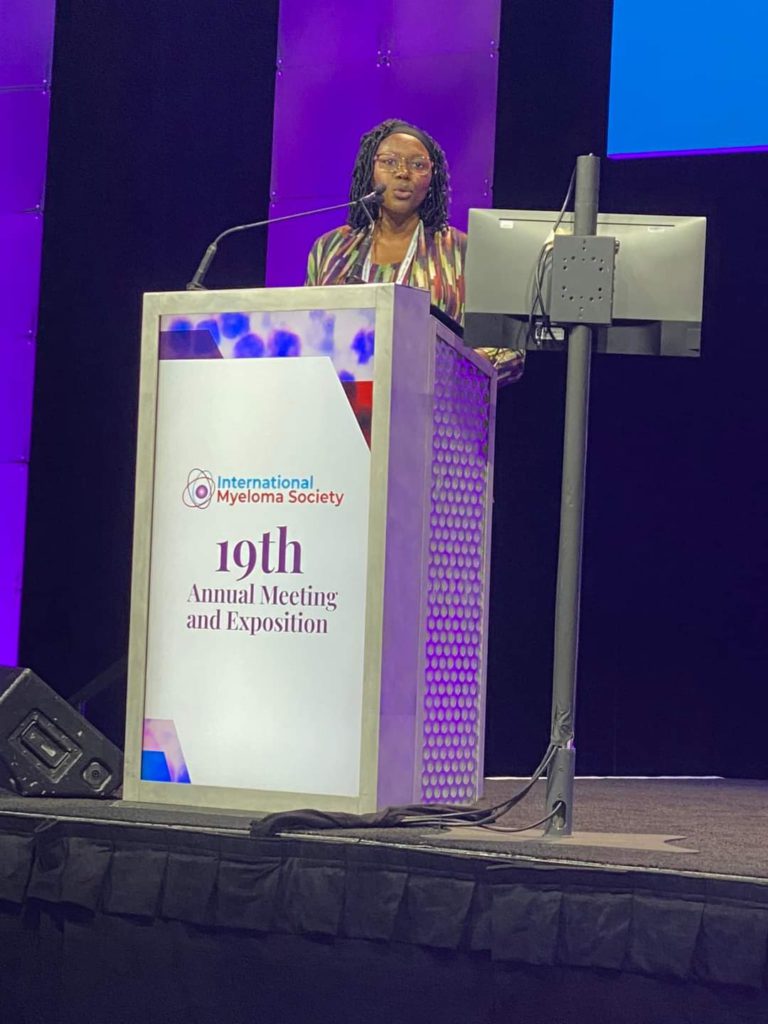
Then I got into coaching, the one-on-one mentorship with the different organizations, which eventually led to what I do as an Black Myeloma Health Community mentor. Really, the focus kind of shifted there, because I saw that there was an unmet need within the African American community in bringing support, resources and patient education to that community. That’s kind of how it’s all unfolded with receiving support and jumping into giving support. It’s really trying to fill that unmet need that we have.
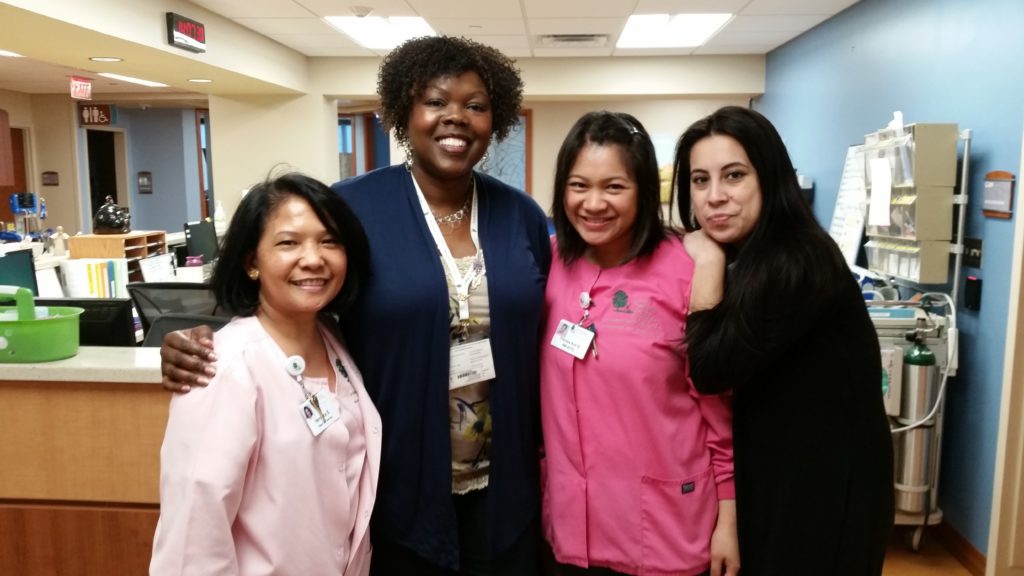
Utilizing support to help others
Esther, TPS: It sounds to me like it’s kind of a cycle. First, you need your own support to understand, “How am I going to cope?” Then you learn these coping skills and what kind of support you need, so then you can, like you said, stop focusing just on what’s happening for you. By giving back, it reaffirms that you’re in a better place. It sounds like a give and take.
I see that with my experience as a care partner. My partner, Andrew, is a cancer survivor. I see it with him as well. You go through the initial shock. We both needed a lot of support. Then as time goes on, there are moments where we each need some kind of support. But the giving back part takes the focus off of immediate, “What’s actually going to happen or is happening?” We’re in a community of people who can support each other. It’s really helpful.
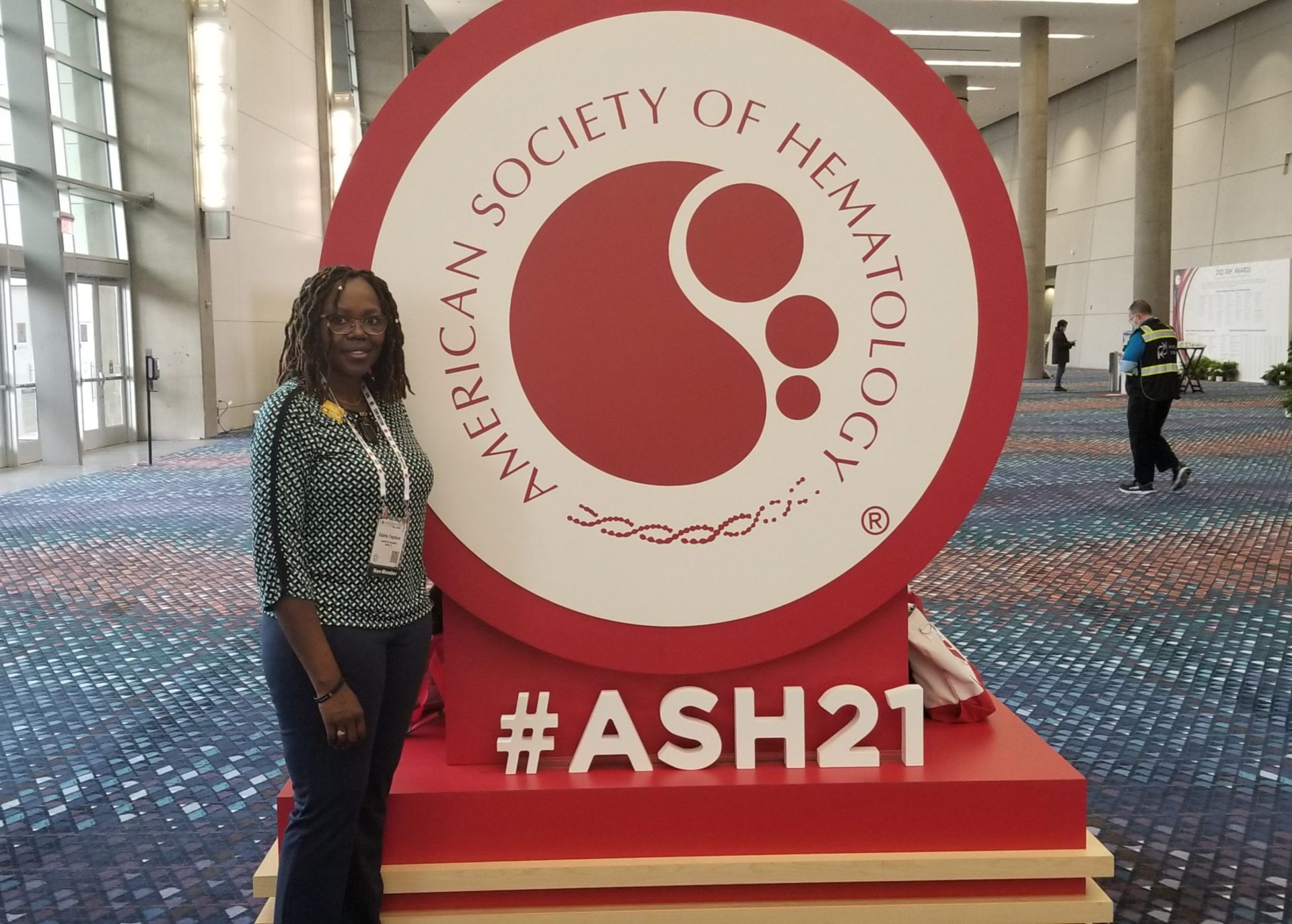
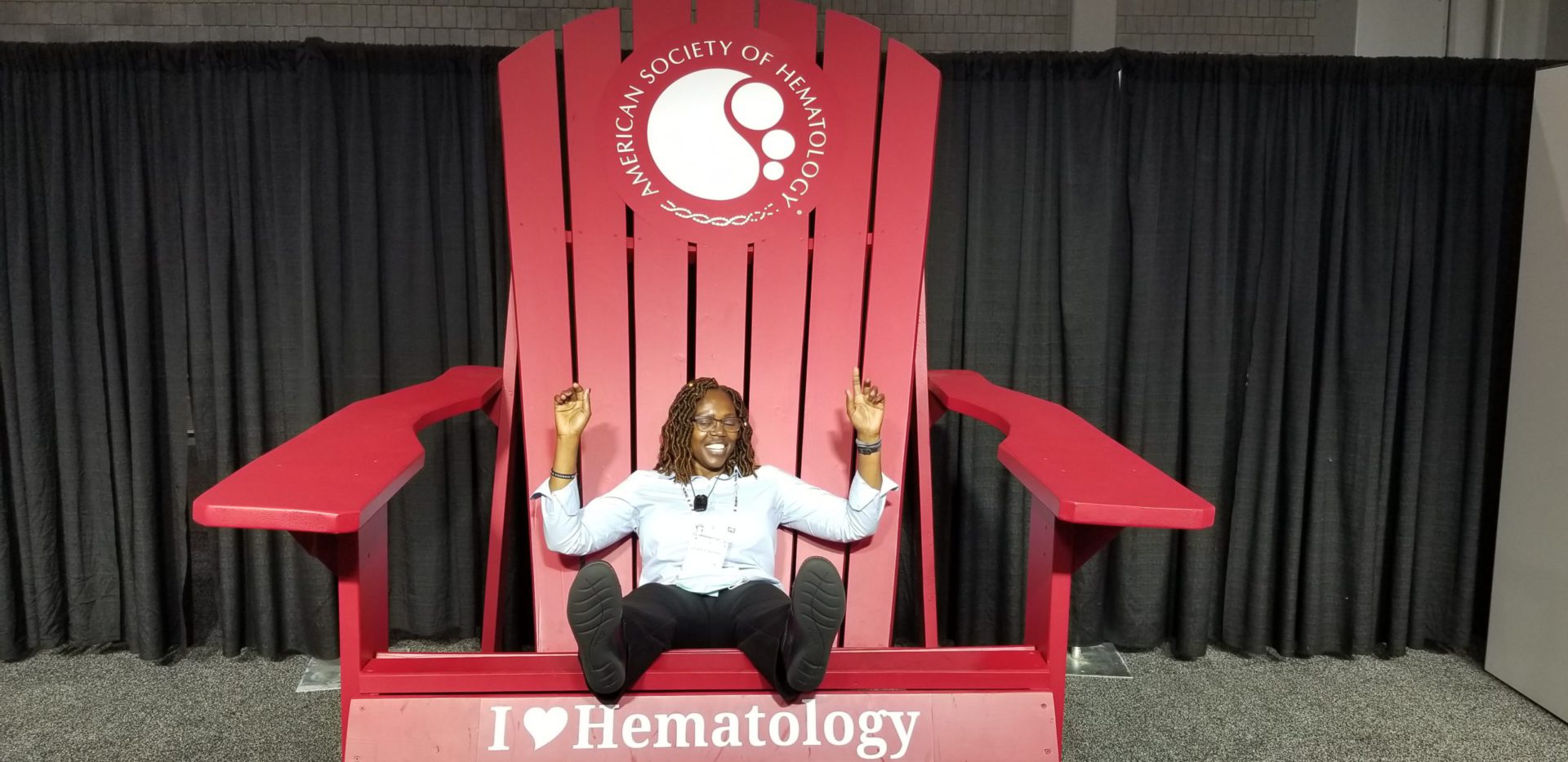
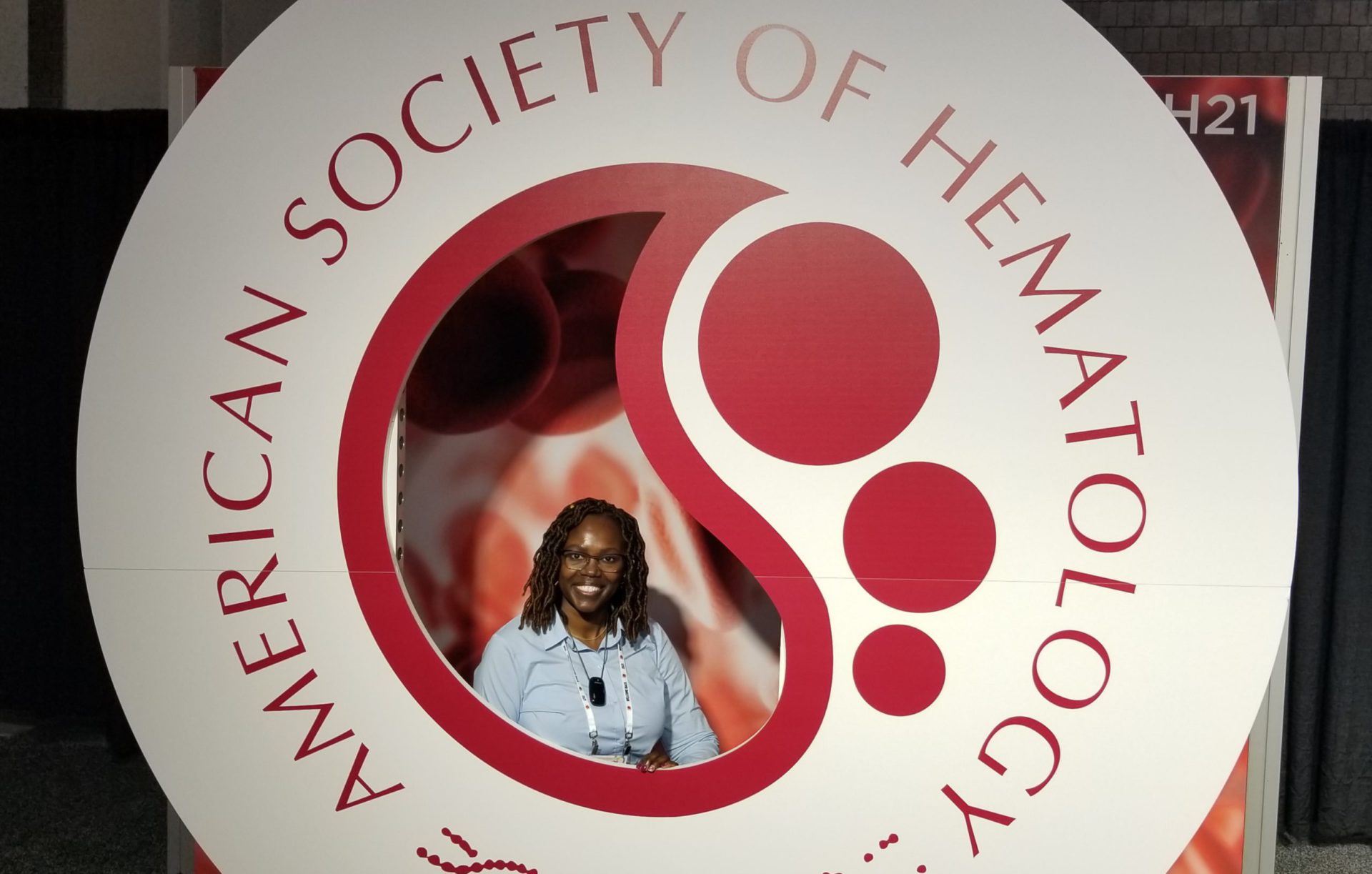
What do you see happening next? You’re doing all this work supporting others. Is there some specific thing where you think you’ll focus your energies going forward? Other than staying healthy, of course.
Valarie: Well, staying healthy. I really believe that this is my purpose. This is why I have been through this myeloma — to be able to help others along. My goal is really to work more in the patient advocacy role. Just build that role and go from there. The possibilities are endless in that area.
Esther, TPS: Valarie, it’s really delightful to get to talk to you, and it’s very inspirational for me to hear that there are people in the world who take care of themselves, and then what gives them pleasure is to help others take care of themselves as well. I really appreciate you taking the time to speak with me.
Thank you for sharing your experience as both a taker and a giver in the most wonderful sense of the word. I’m Esther Schorr with Cancer Friends, and I hope that our series on dealing with uncertainty of a cancer diagnosis is helpful to you as you move through your journey.
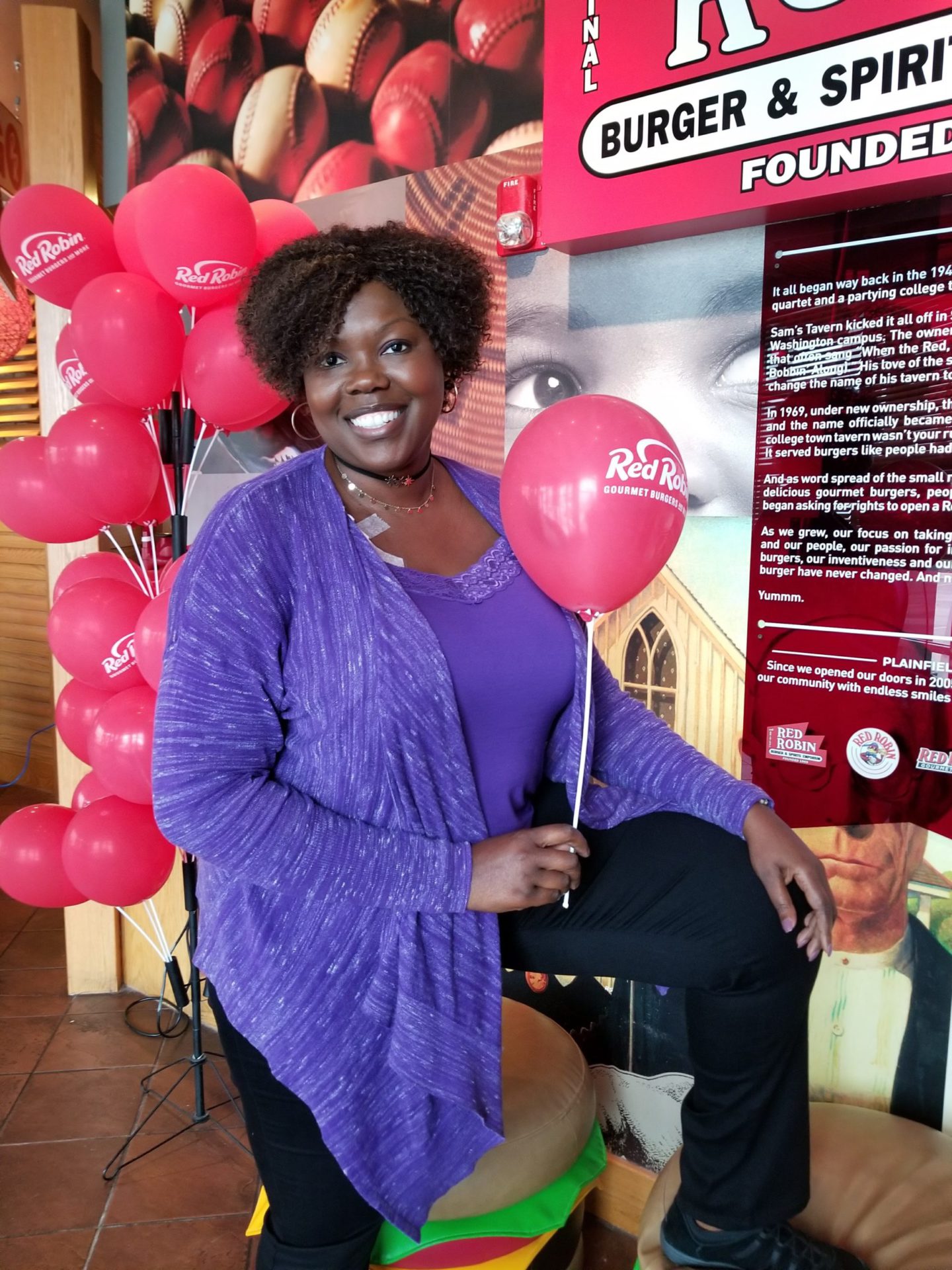
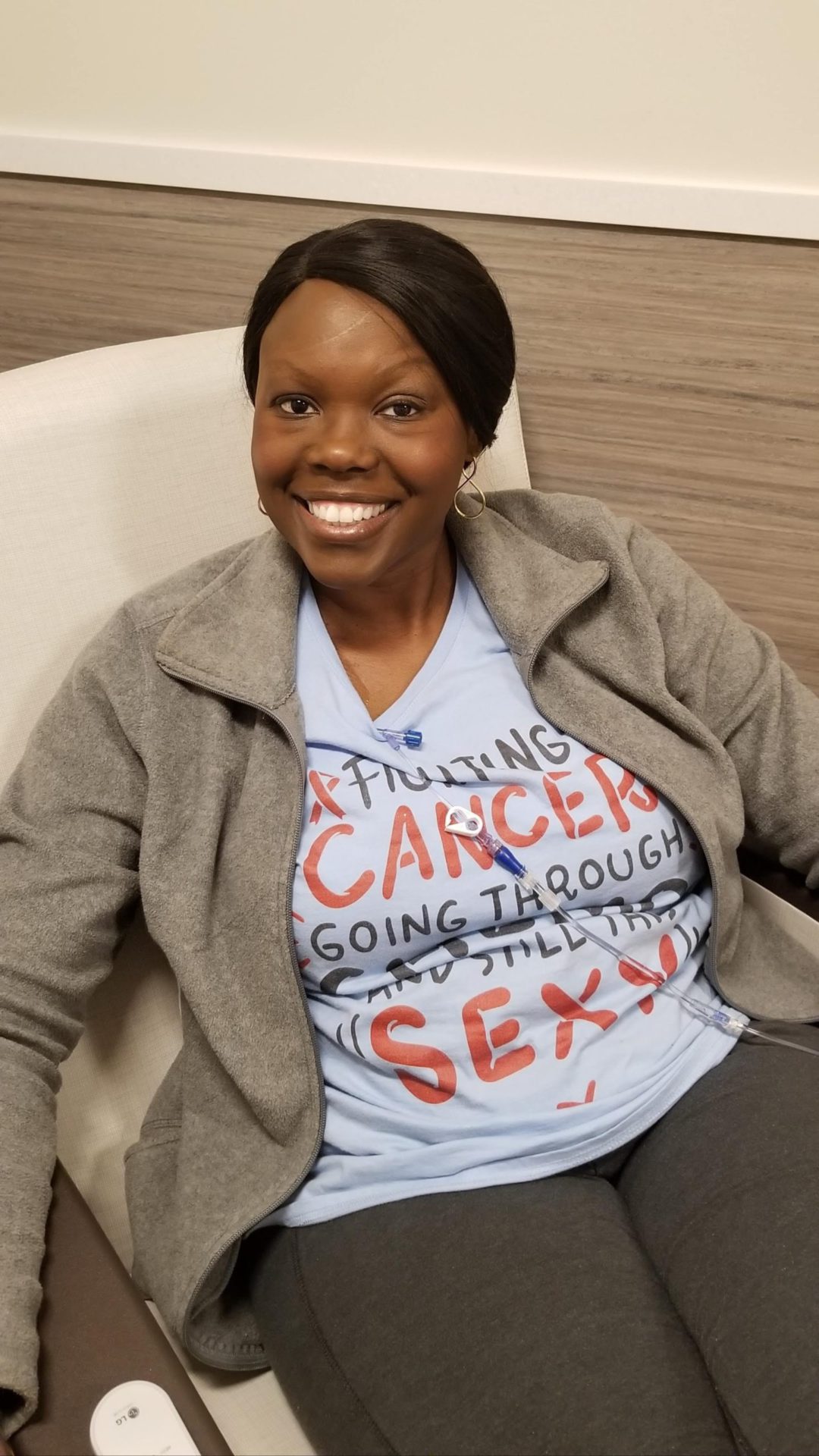
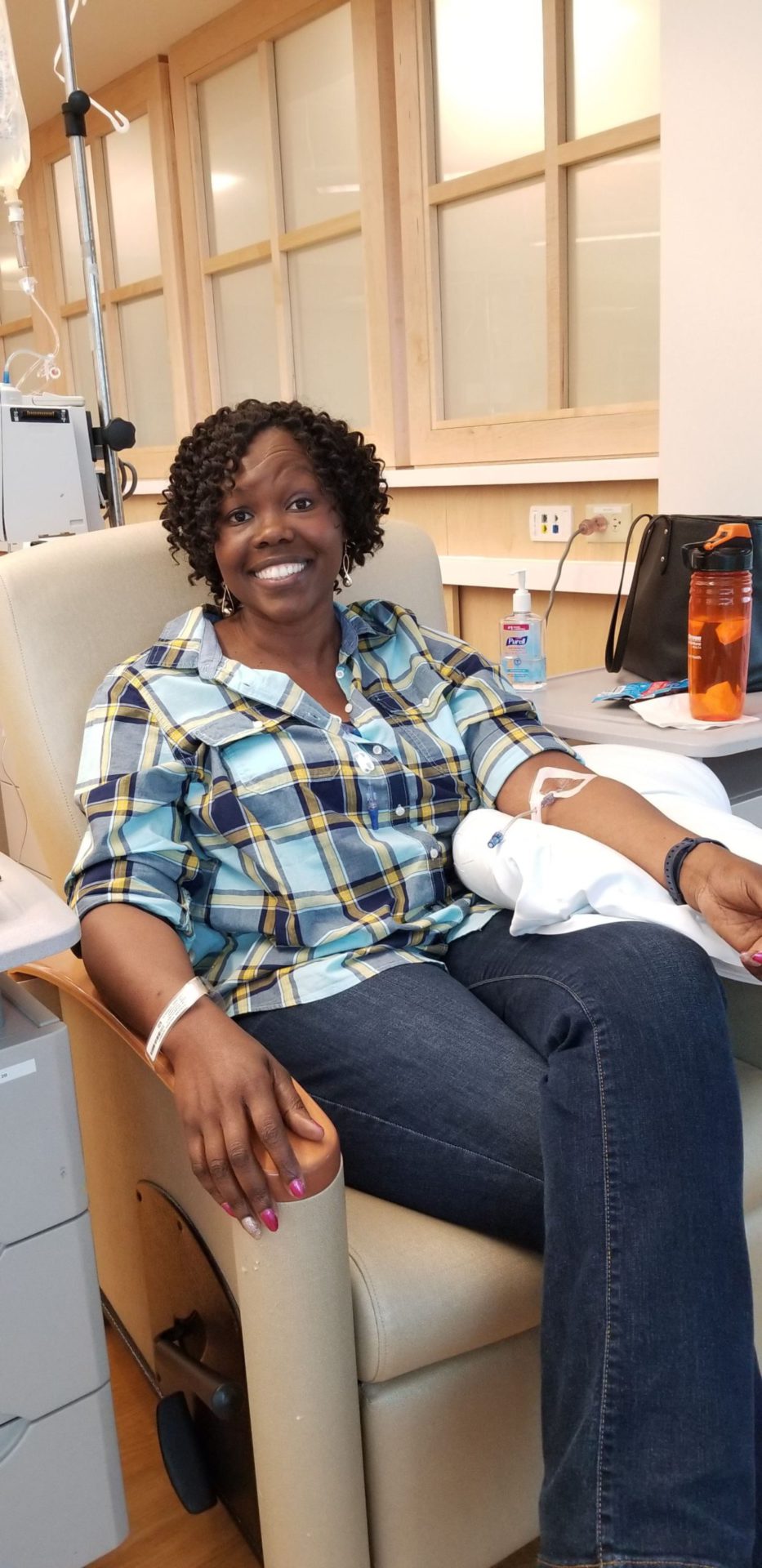
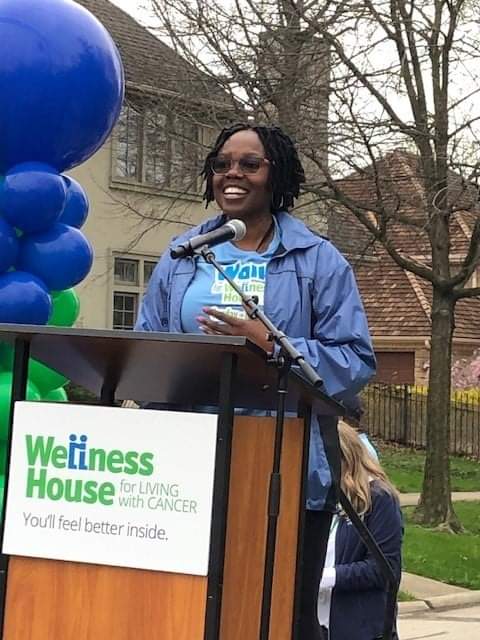
Inspired by Valarie's story?
Share your story, too!
